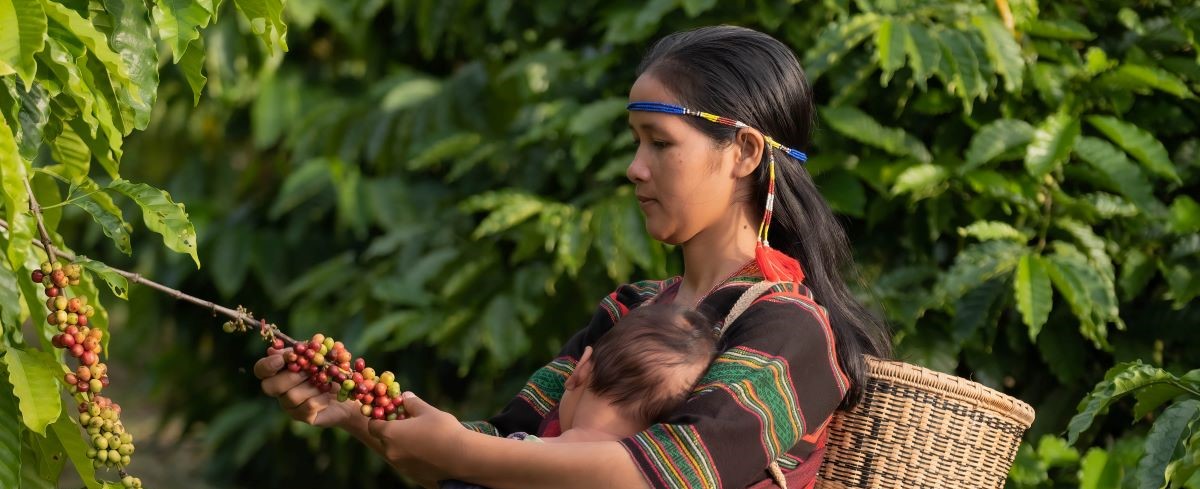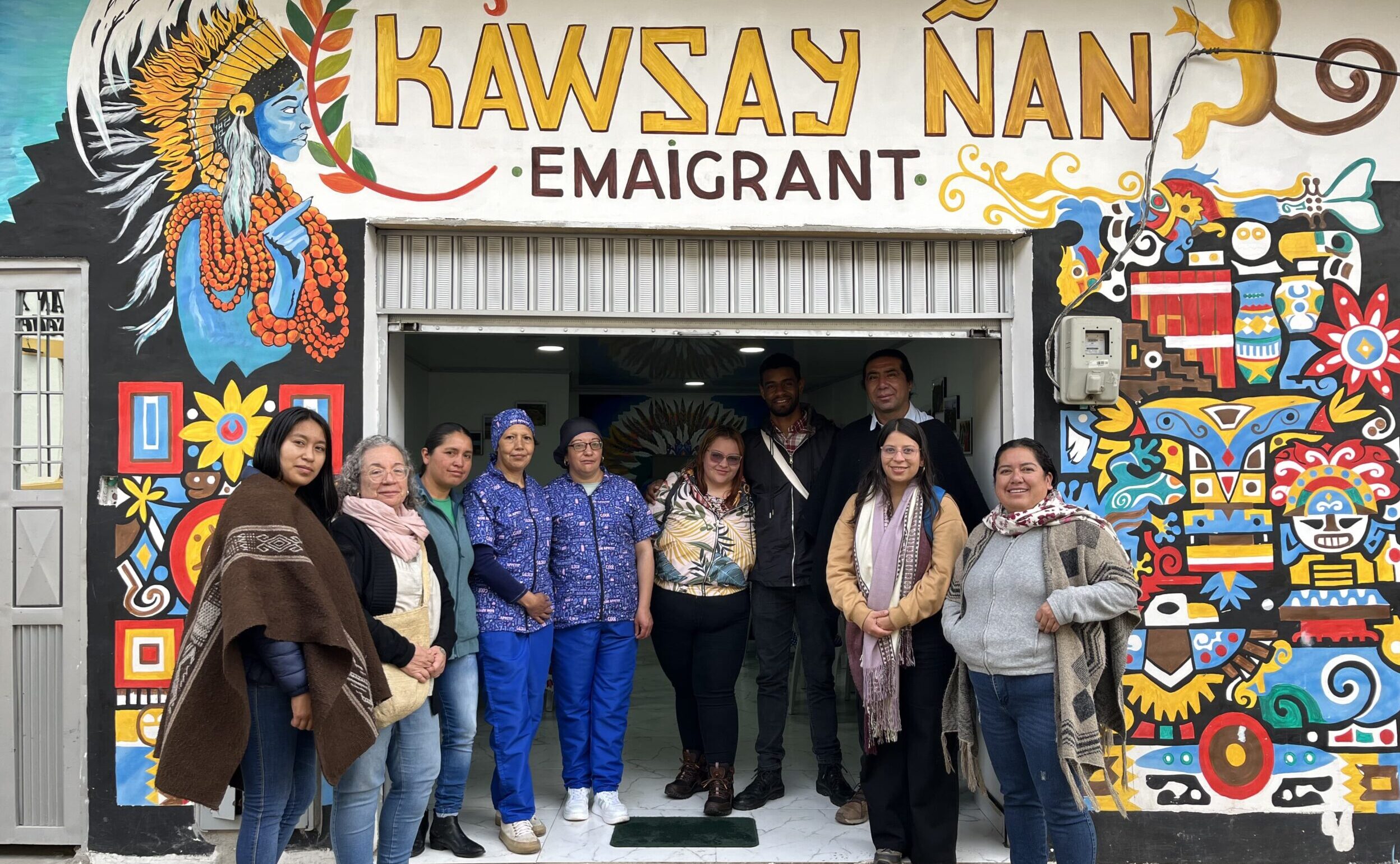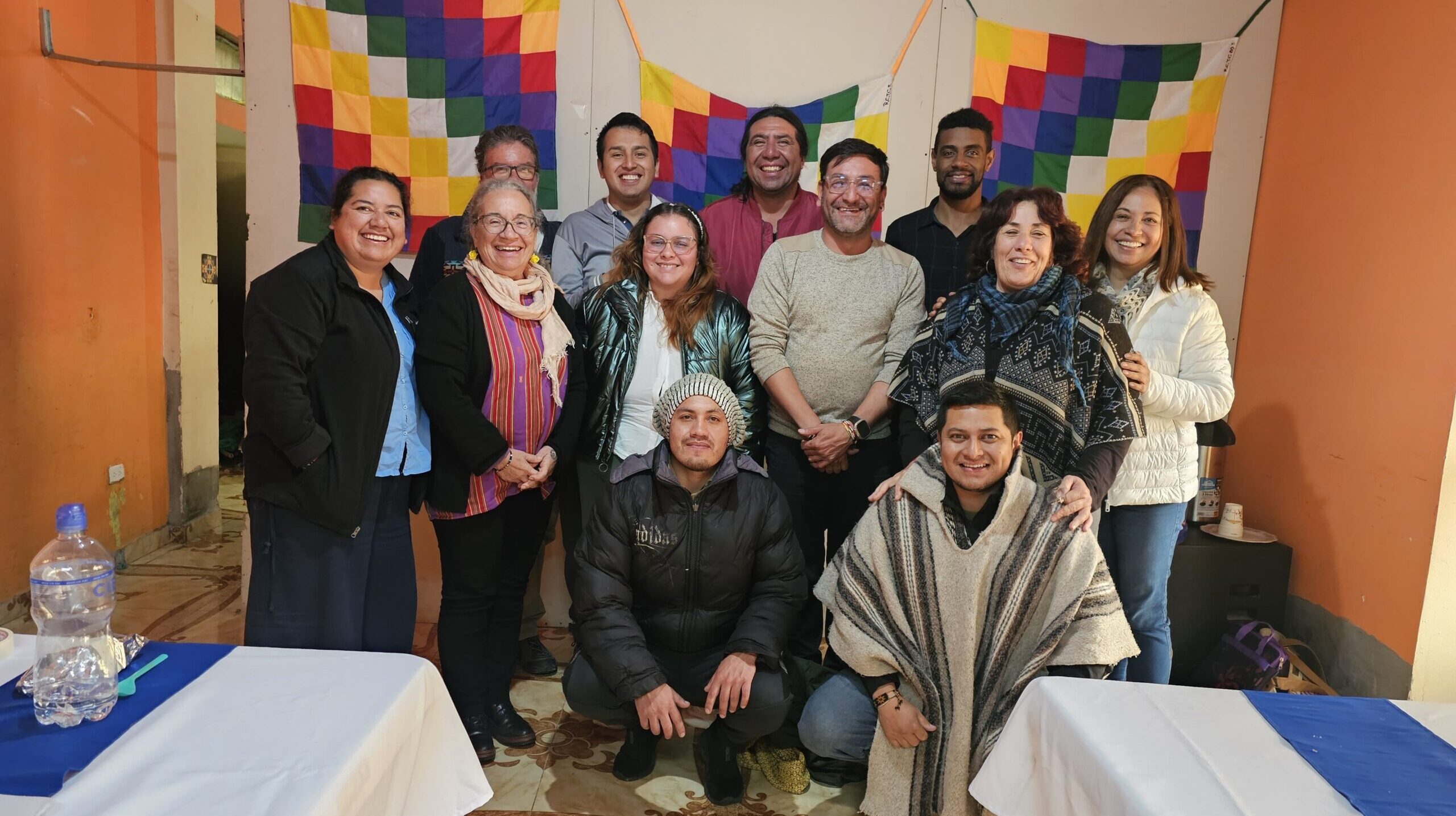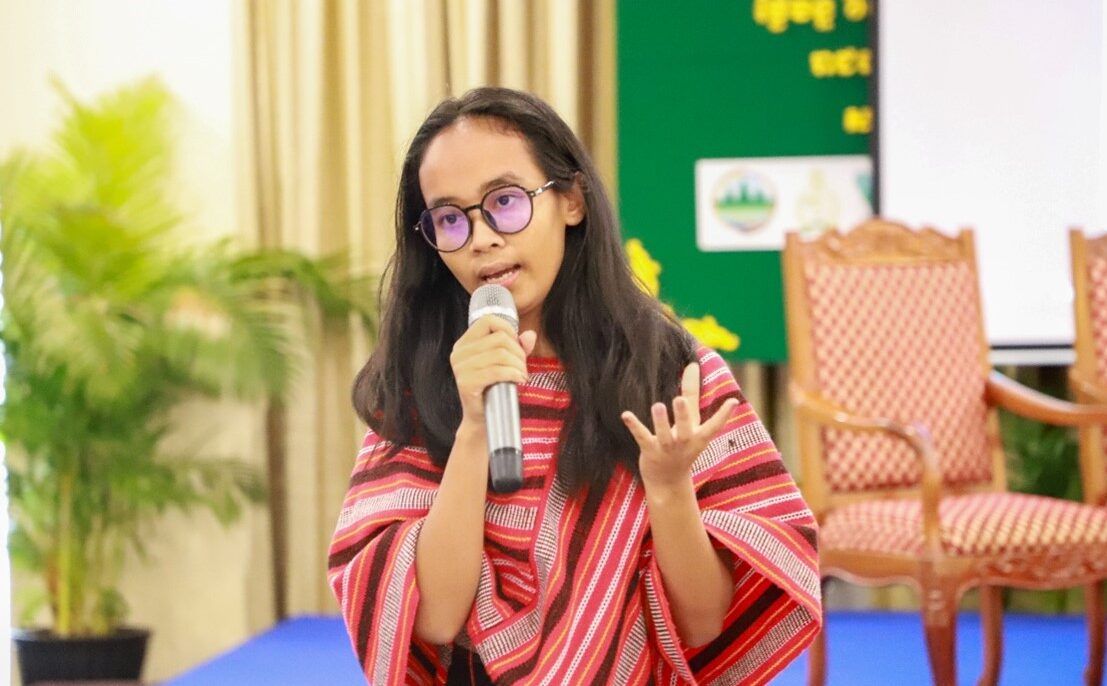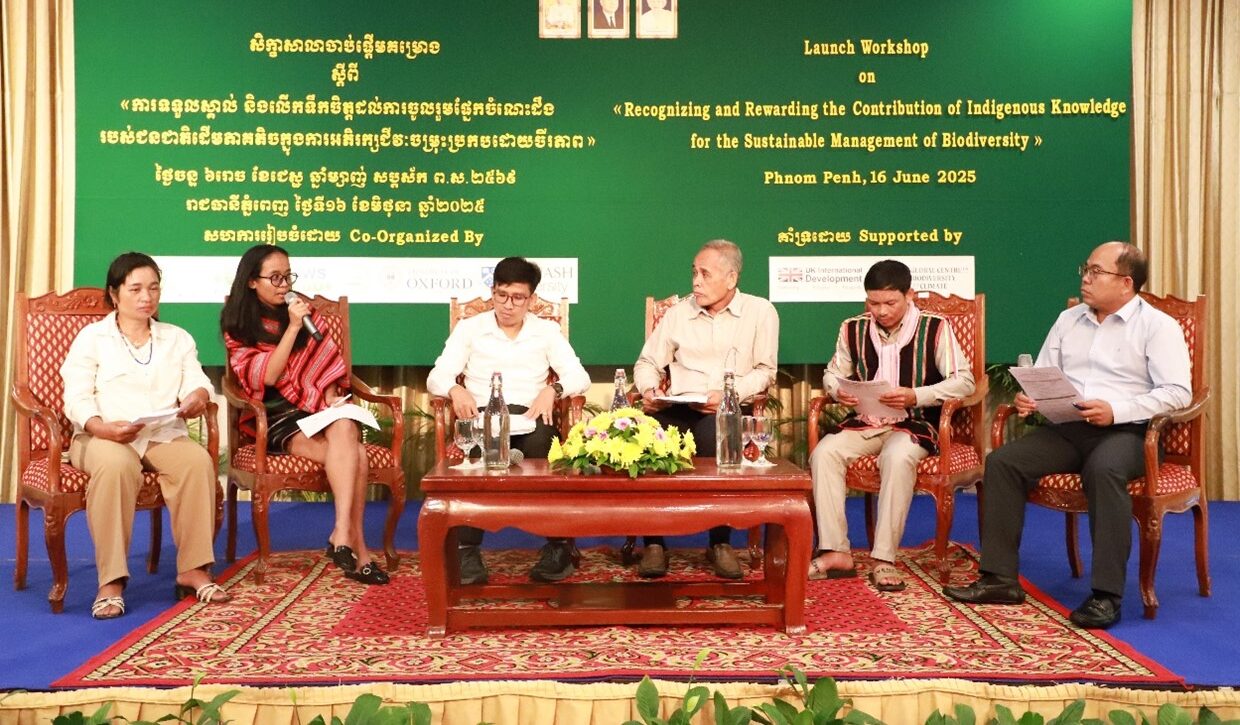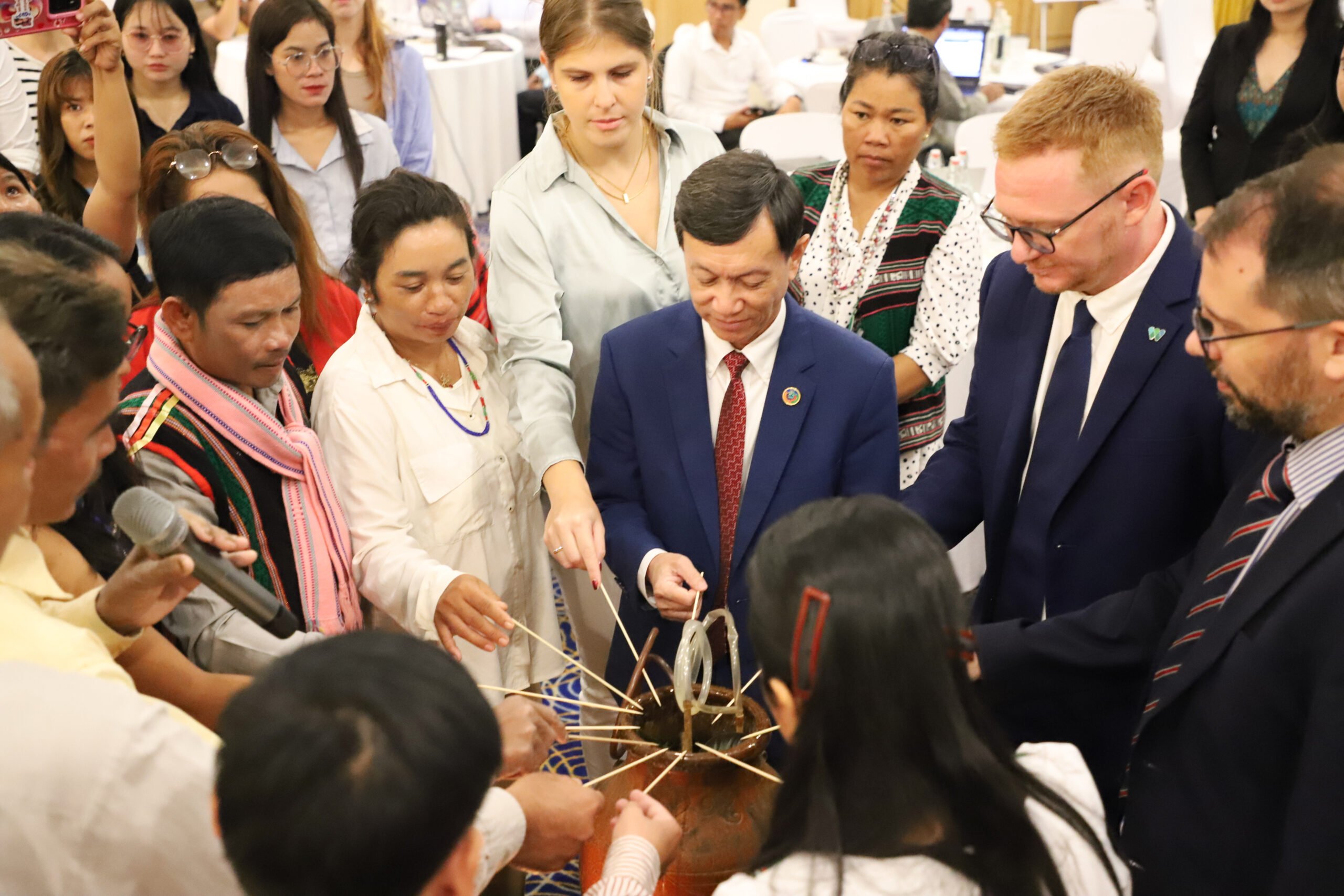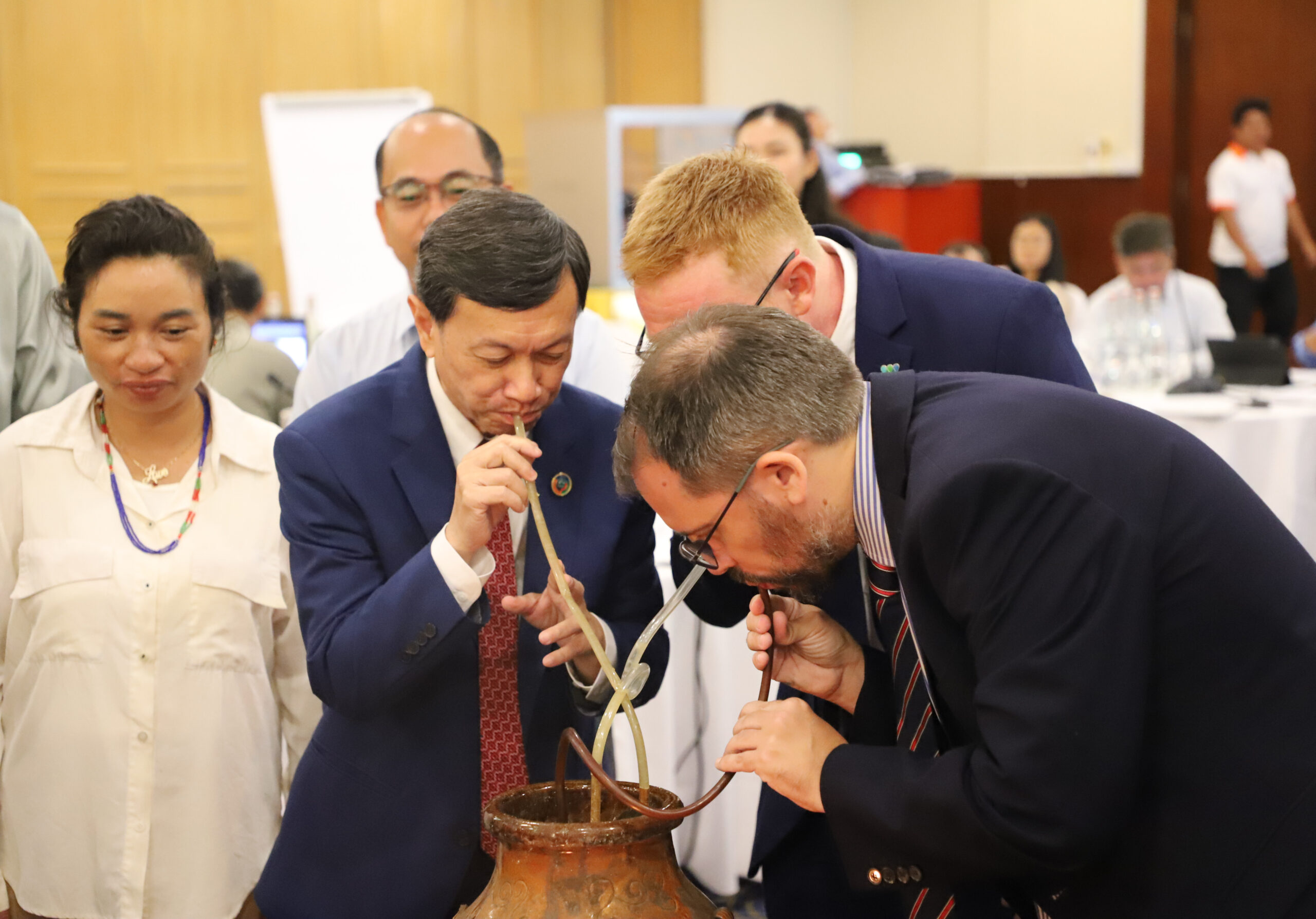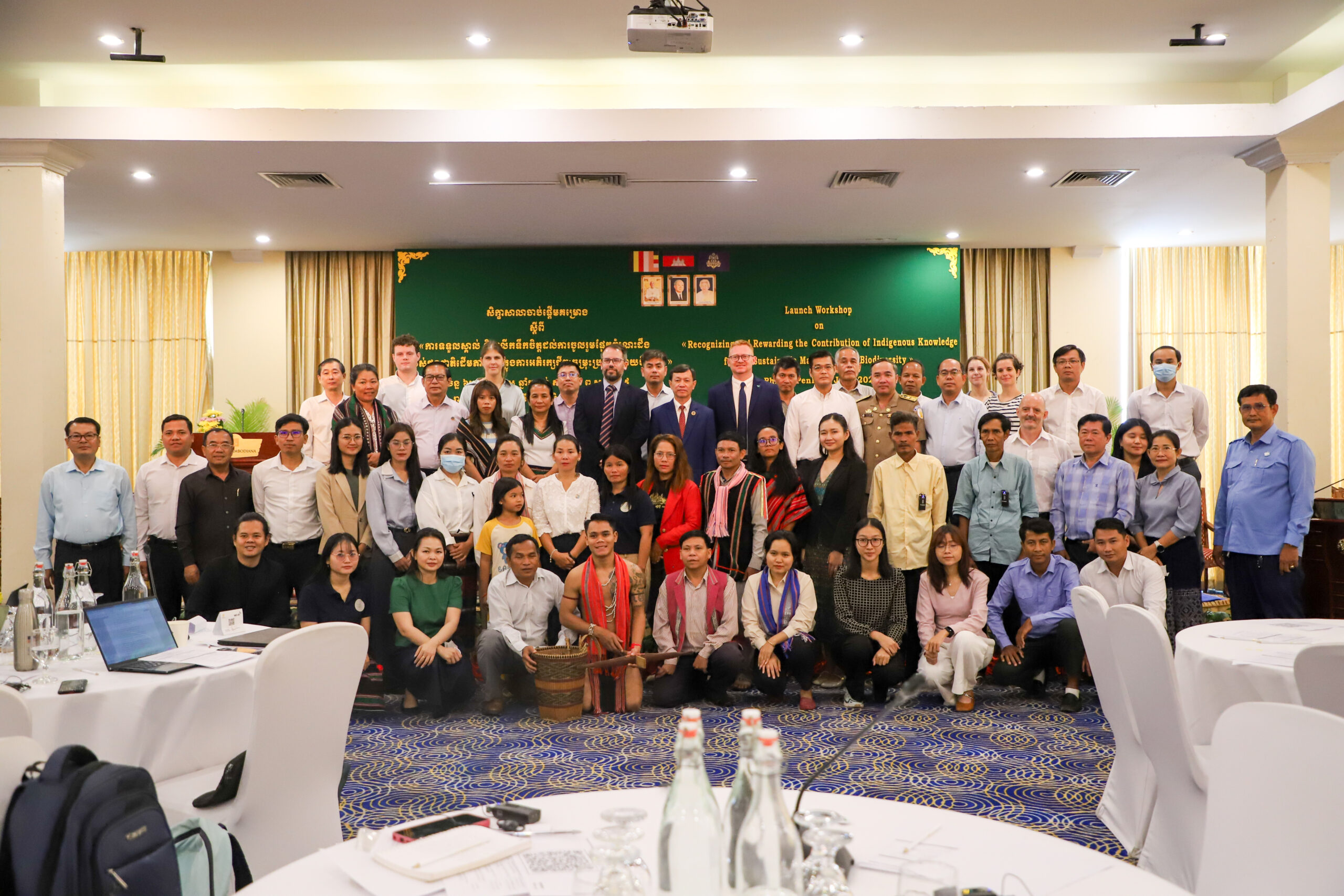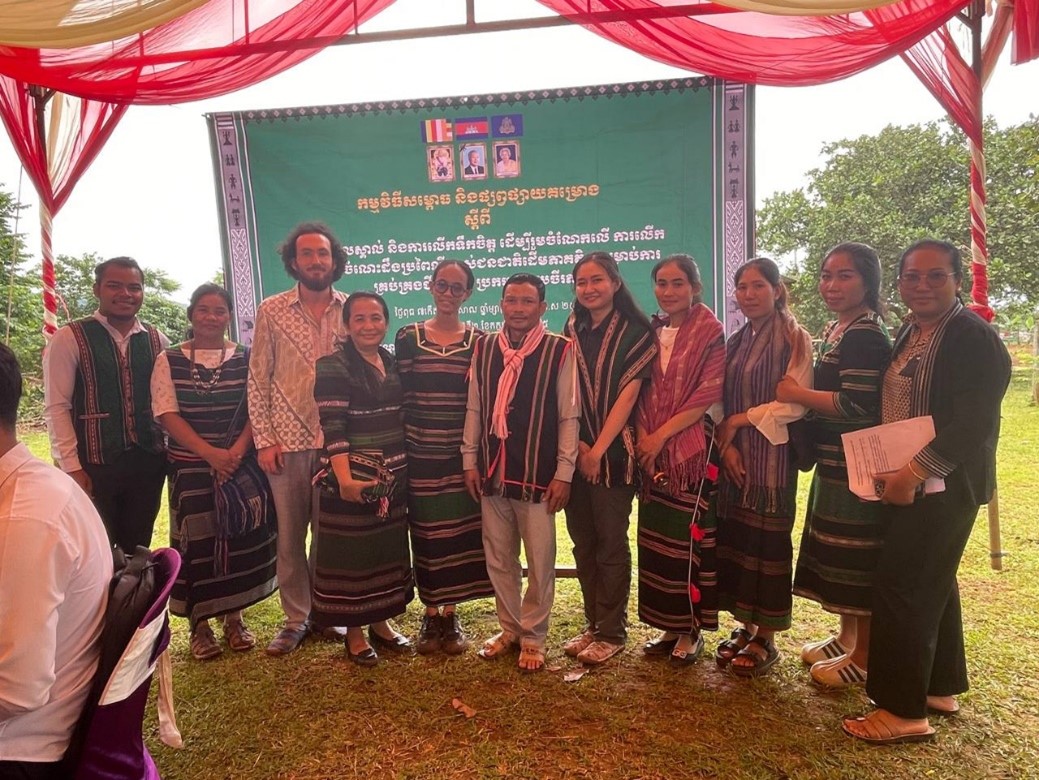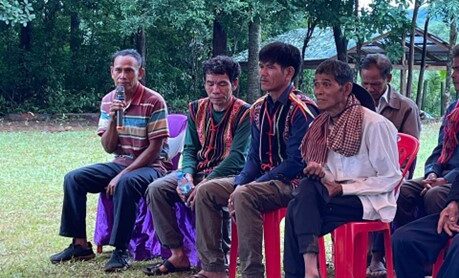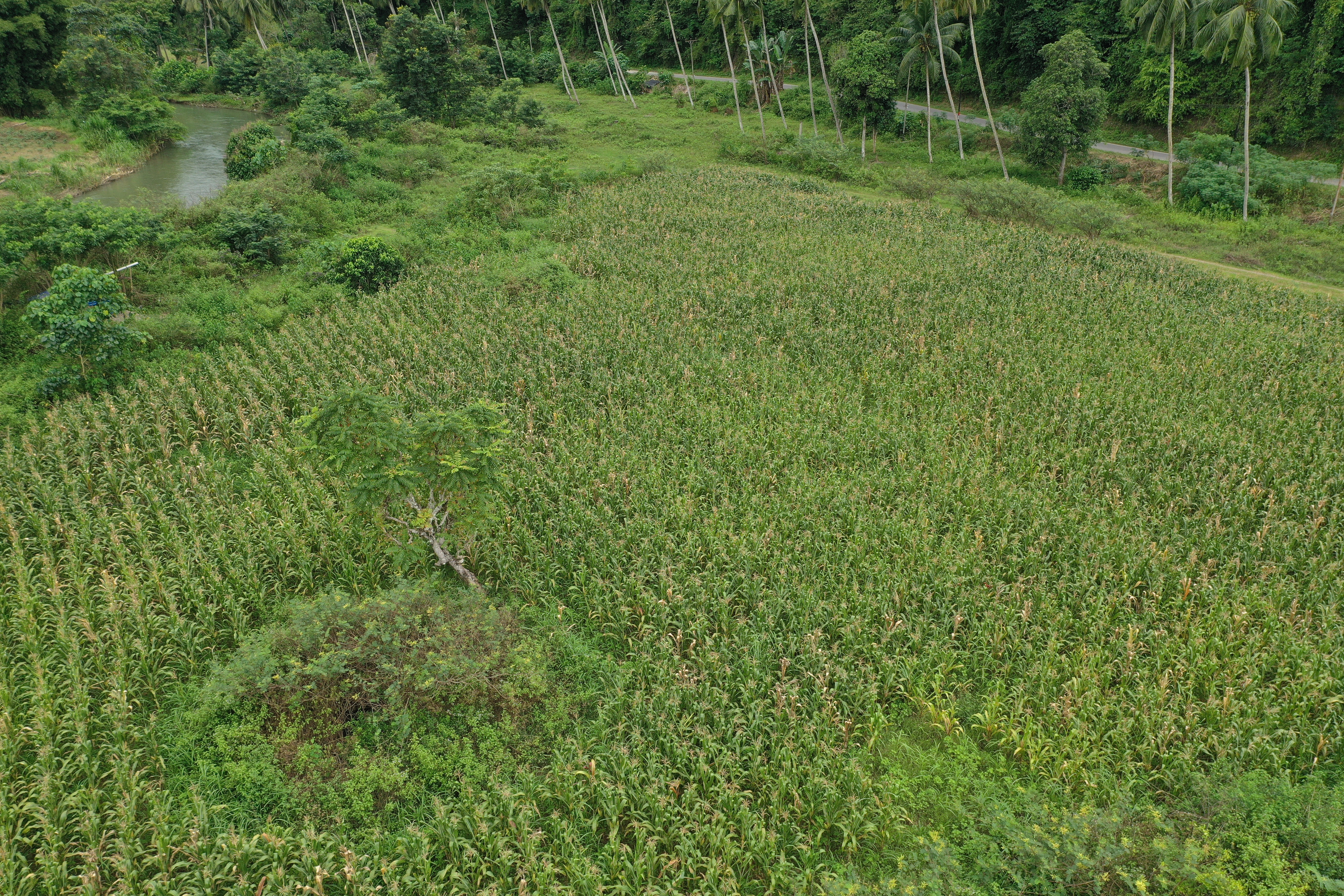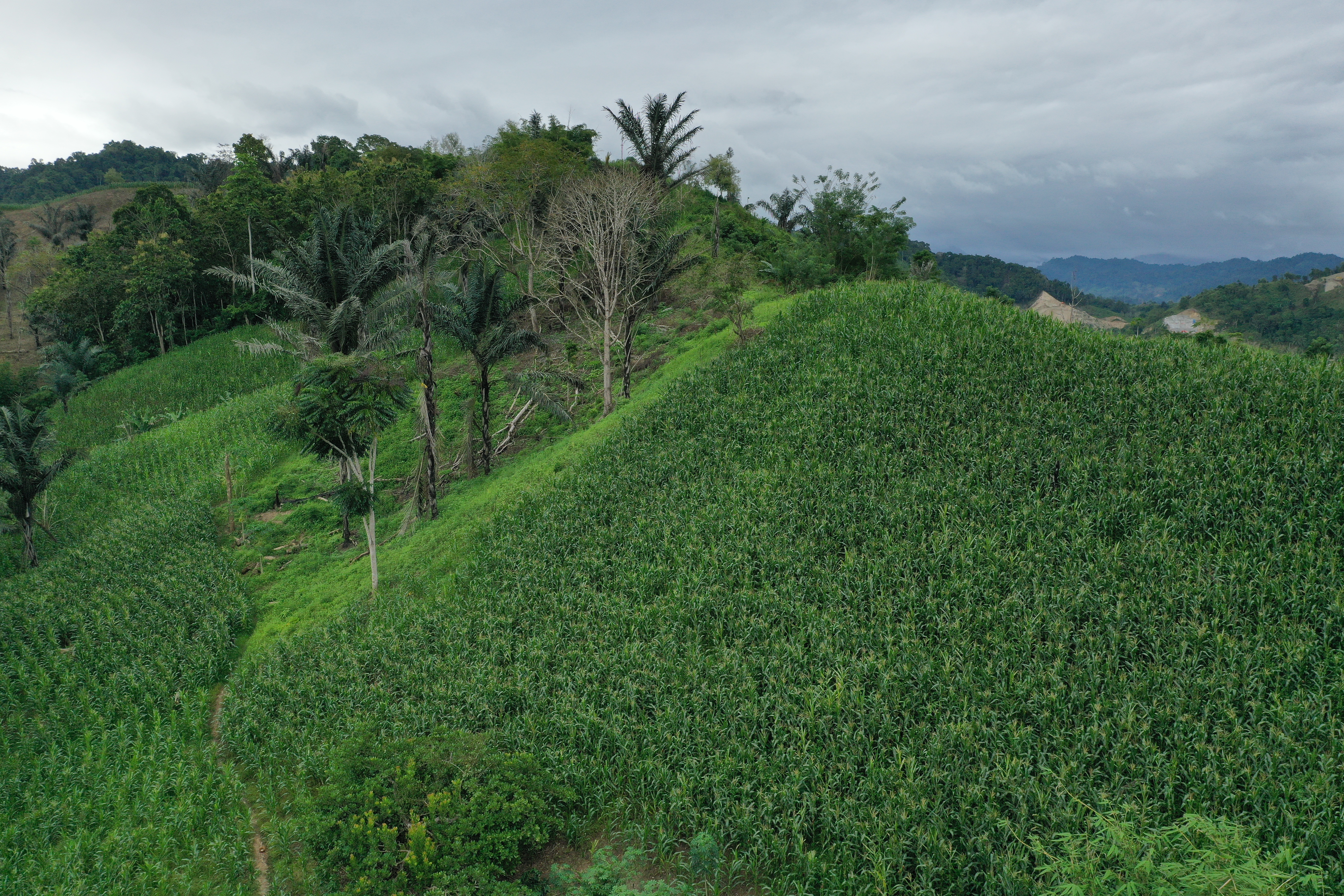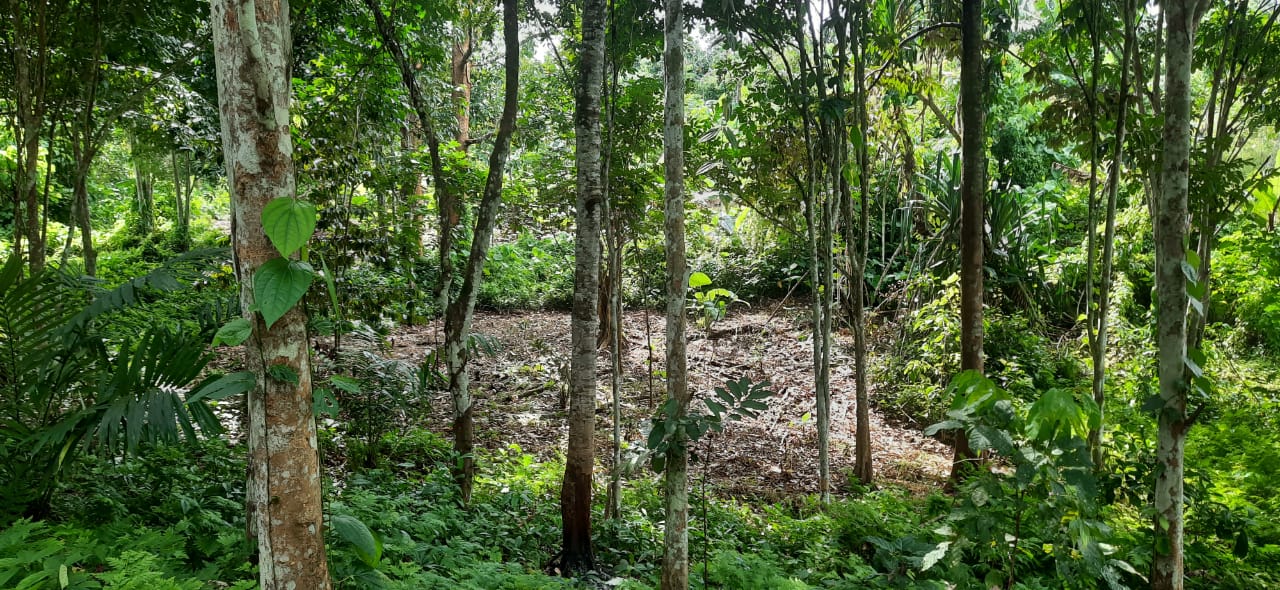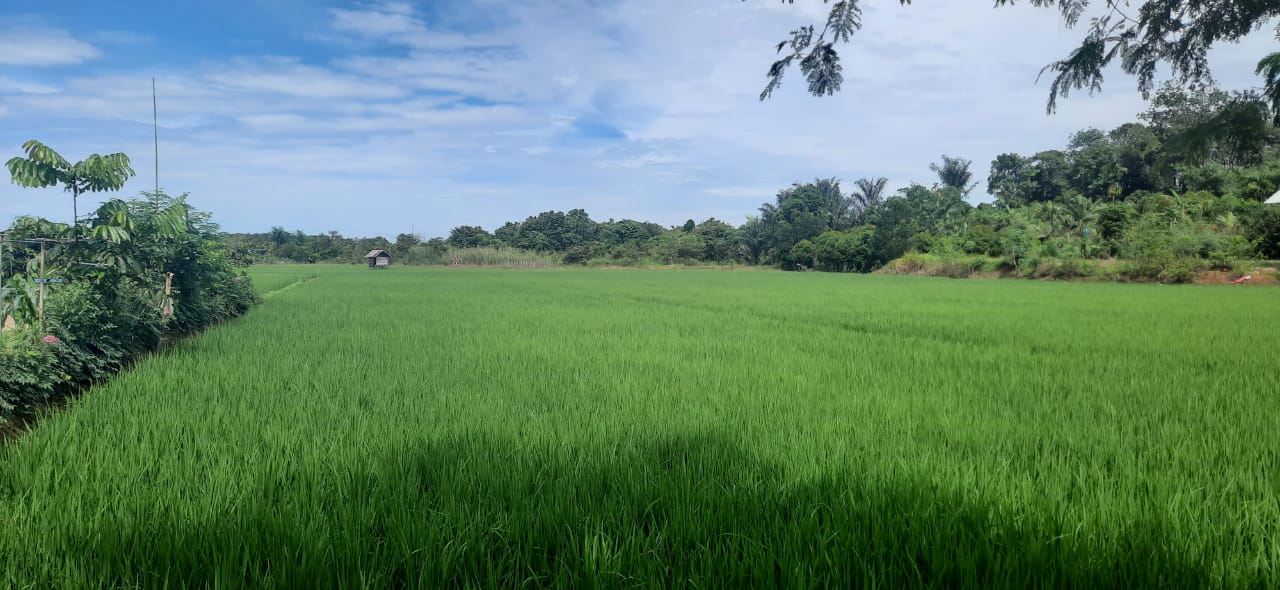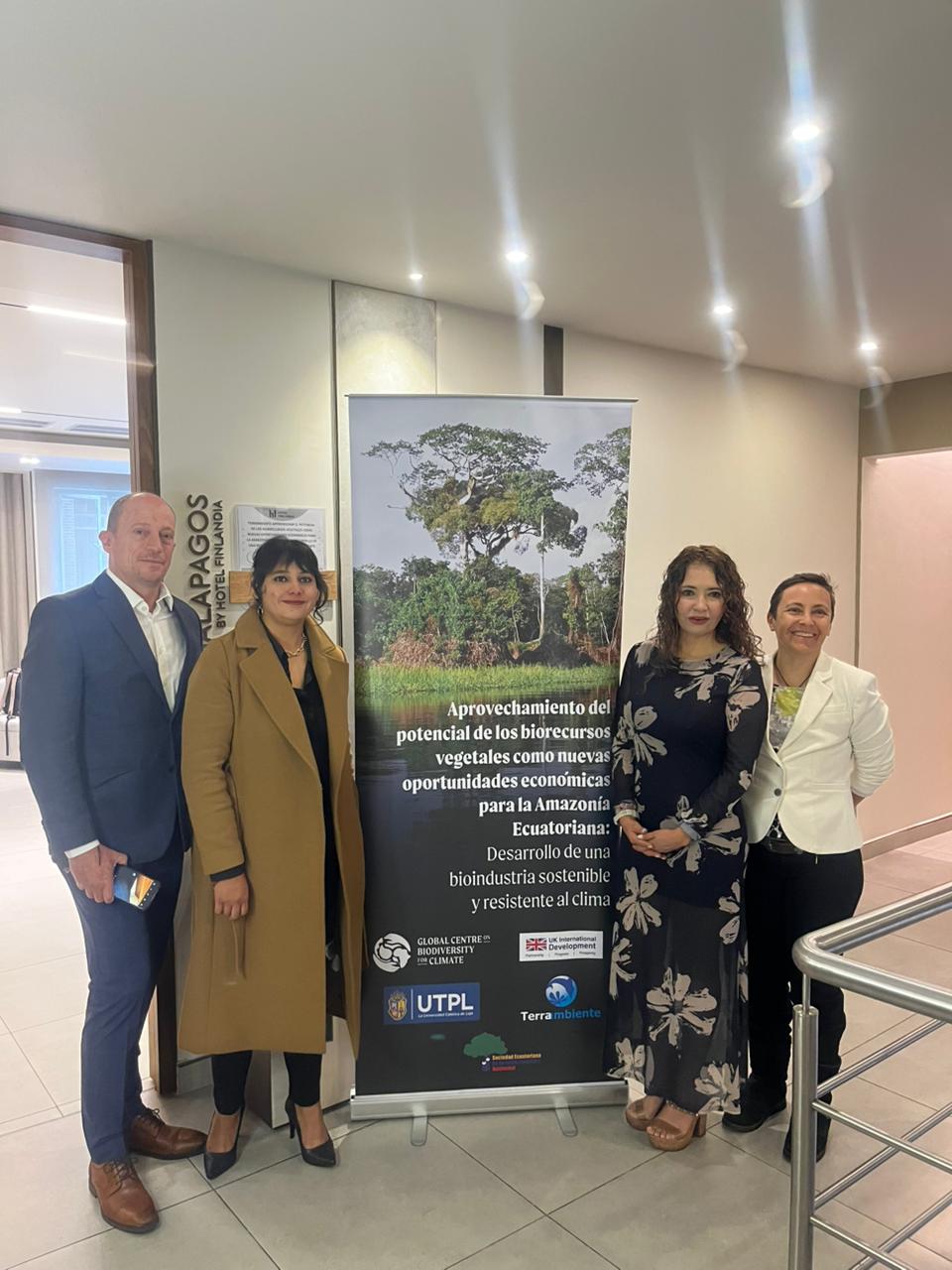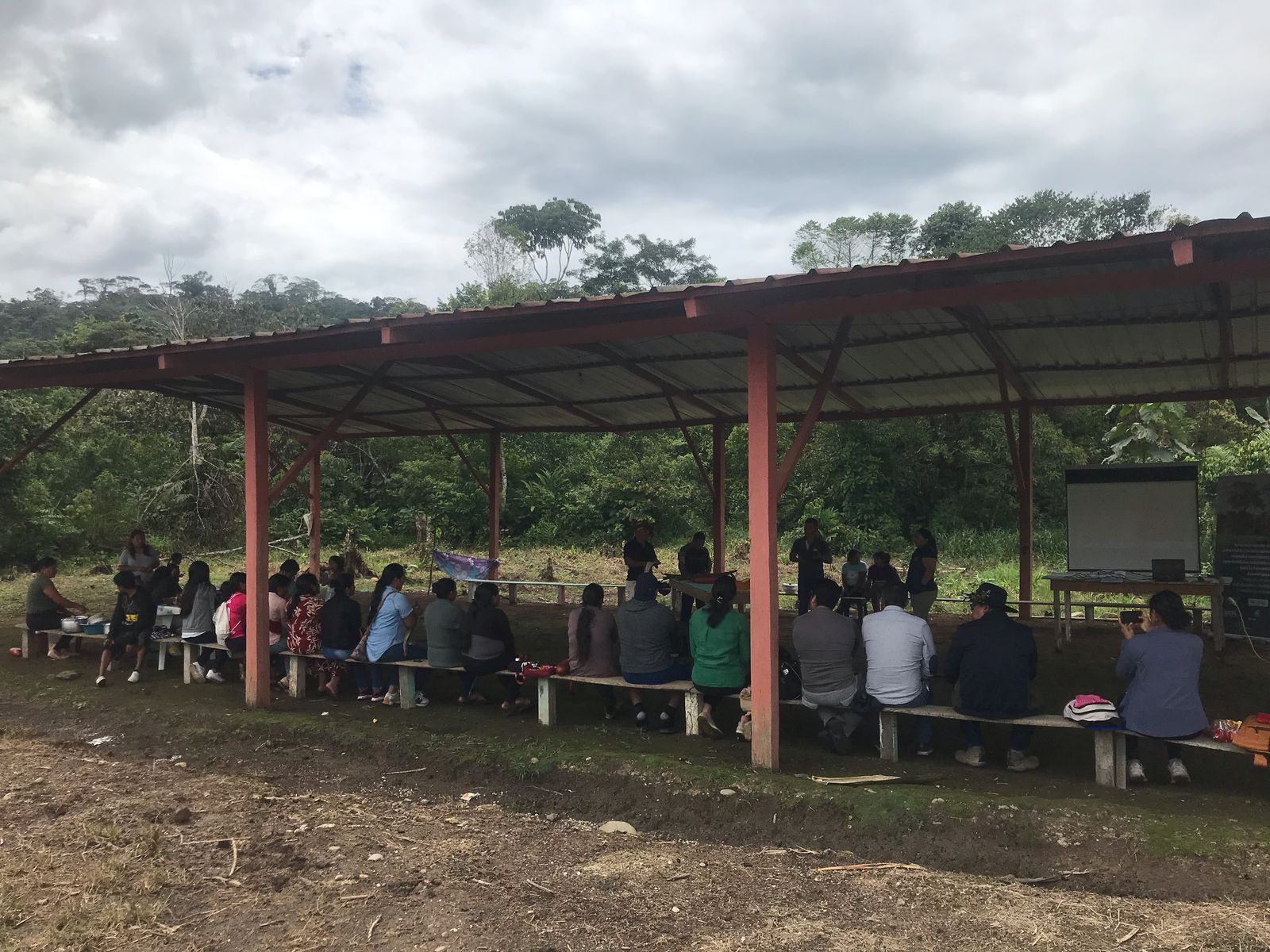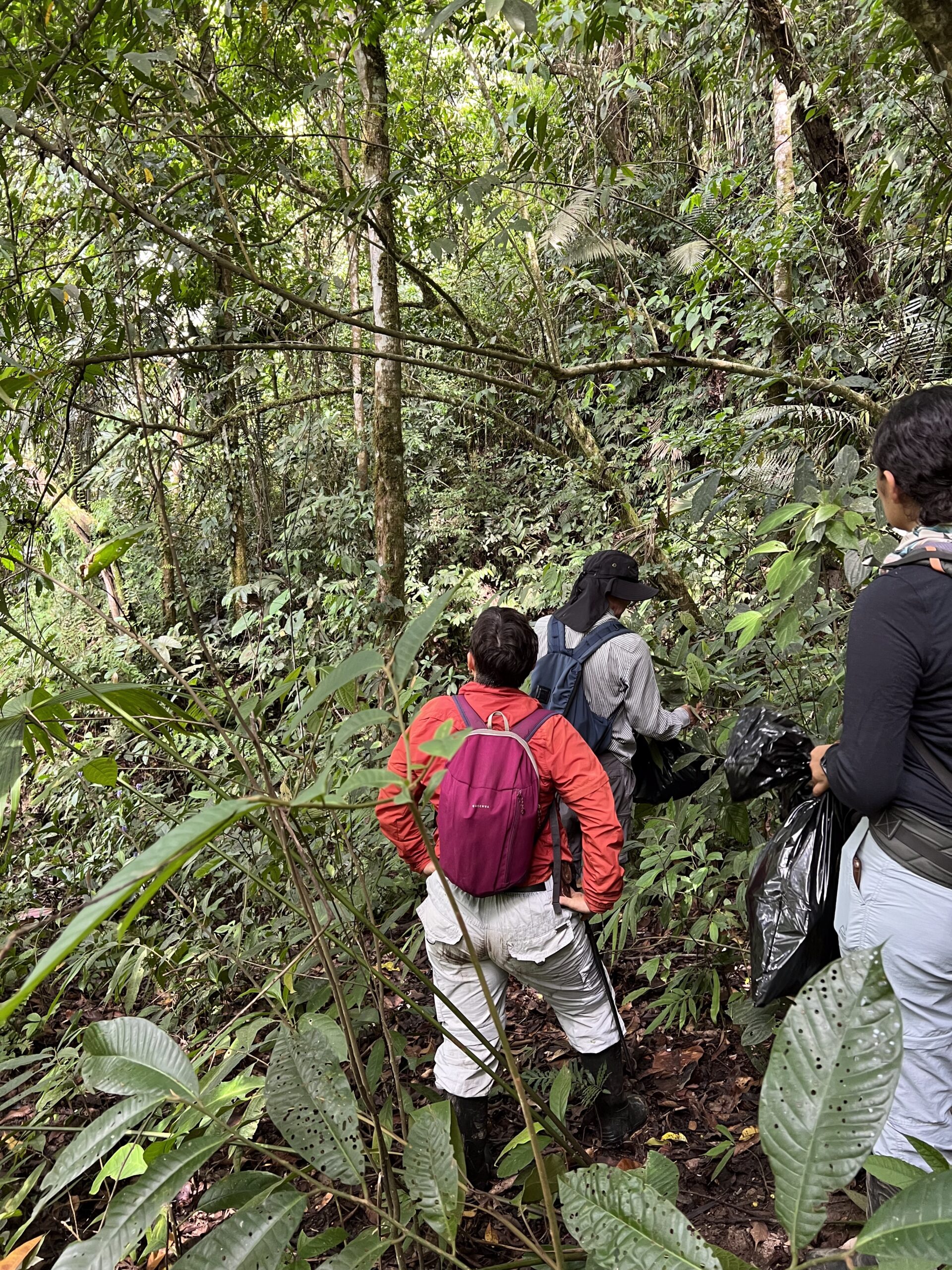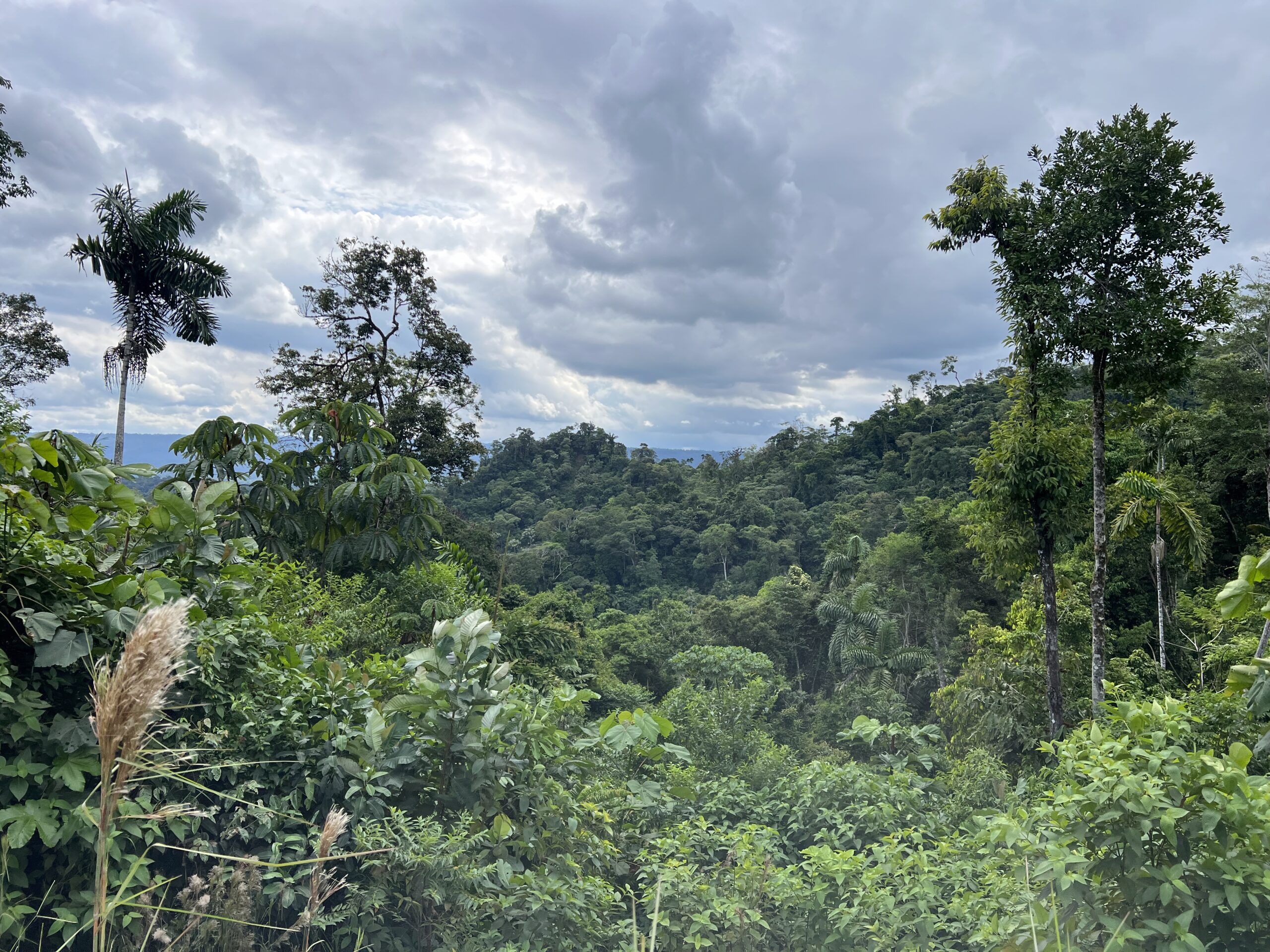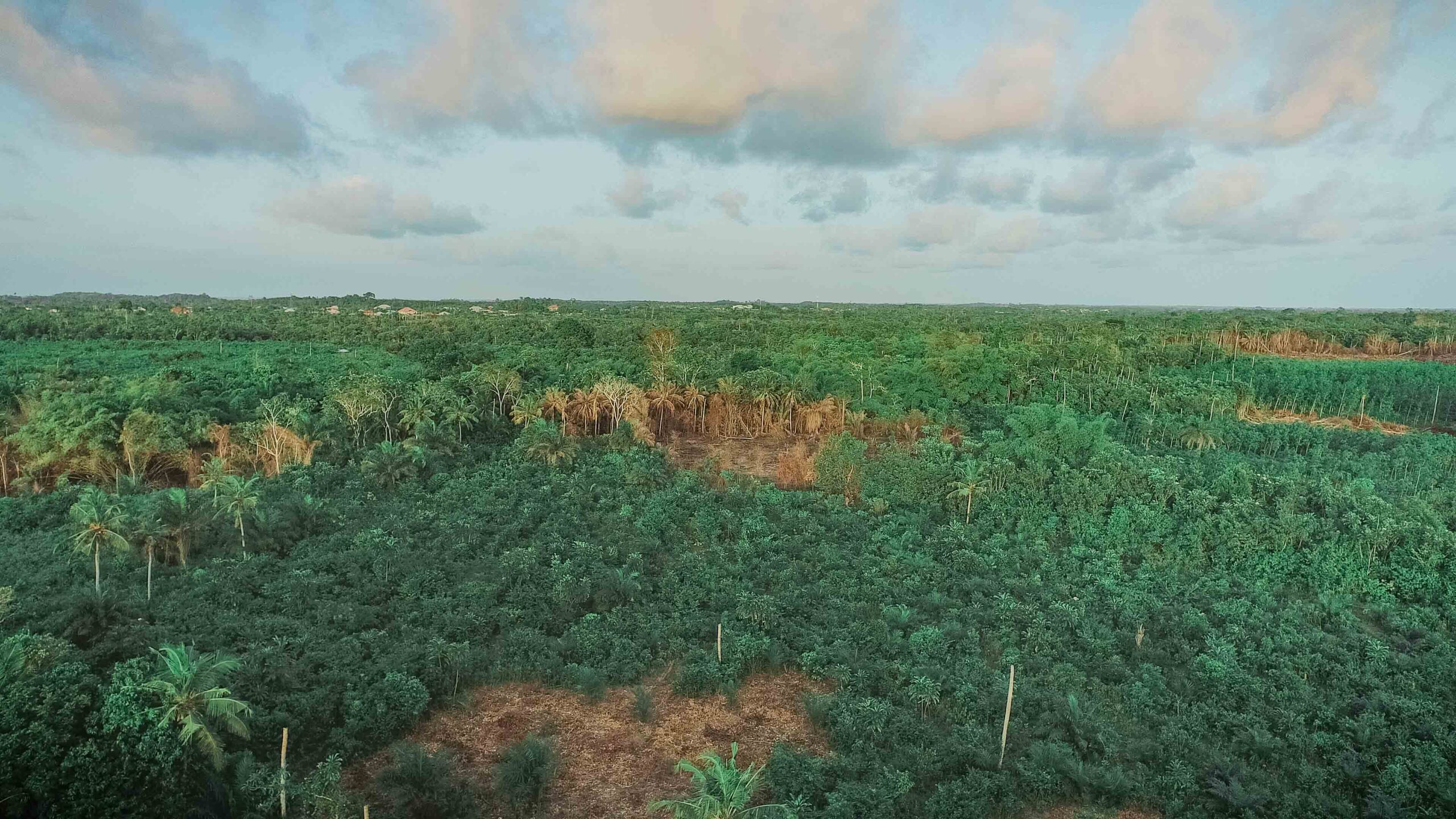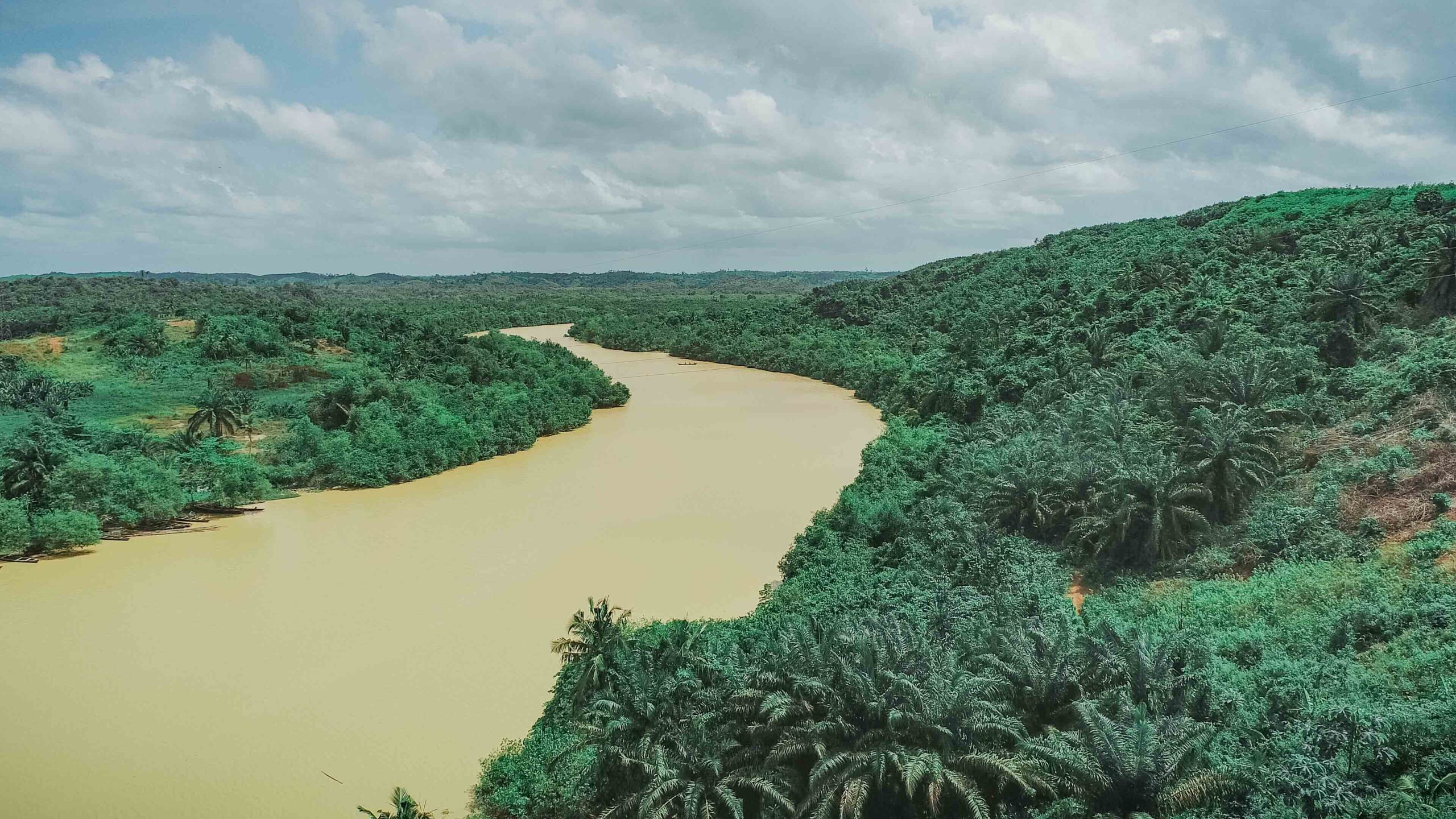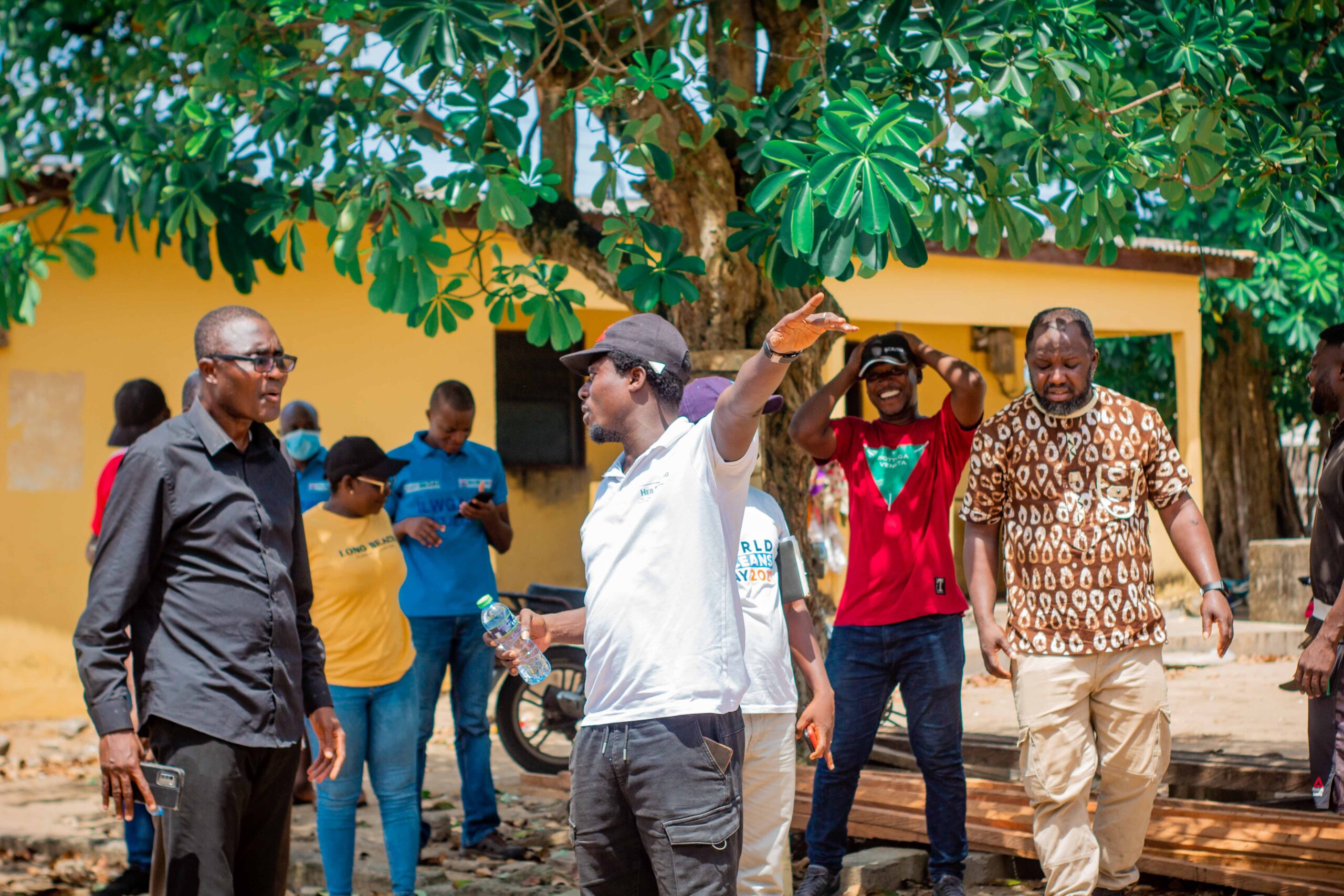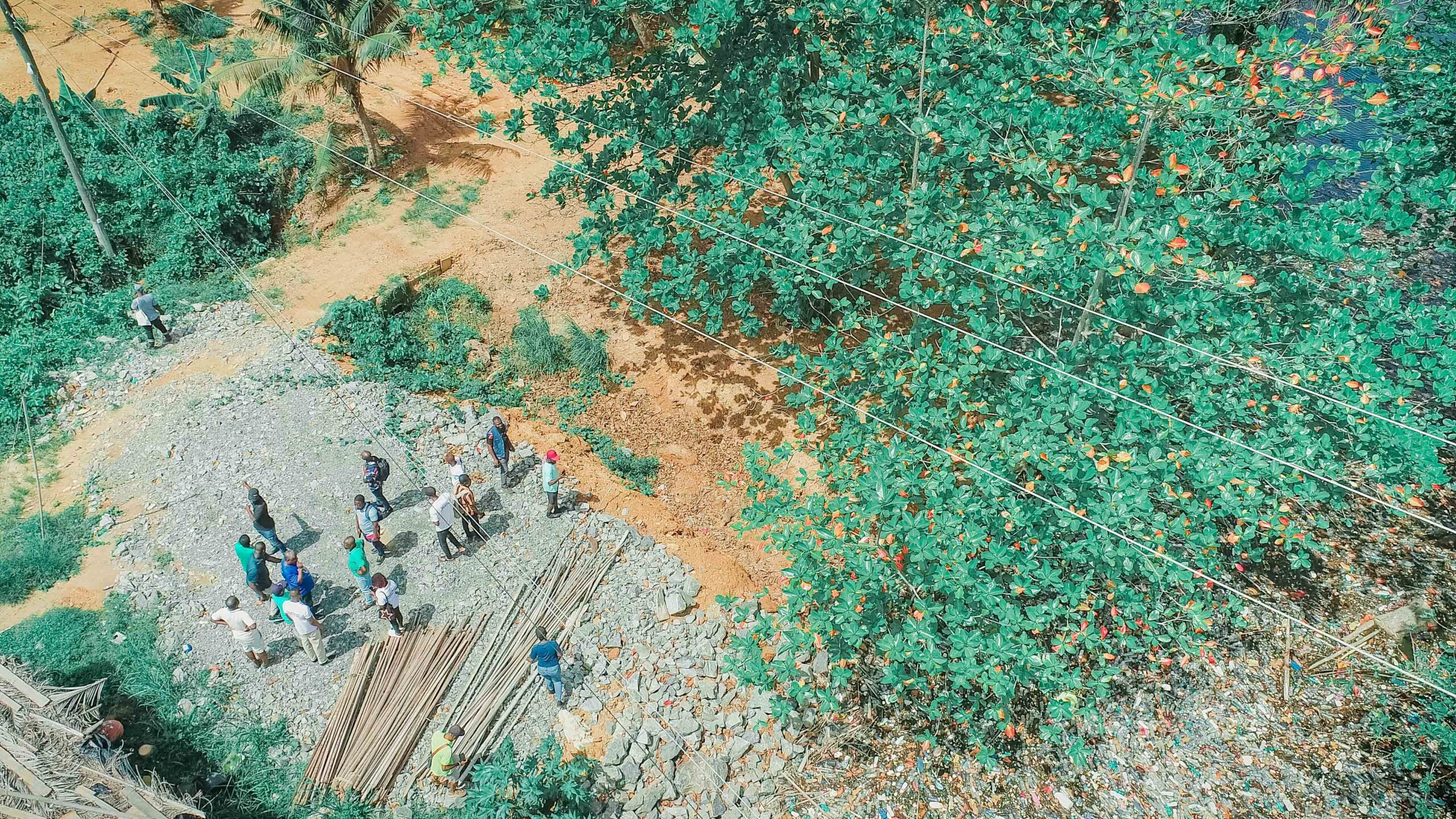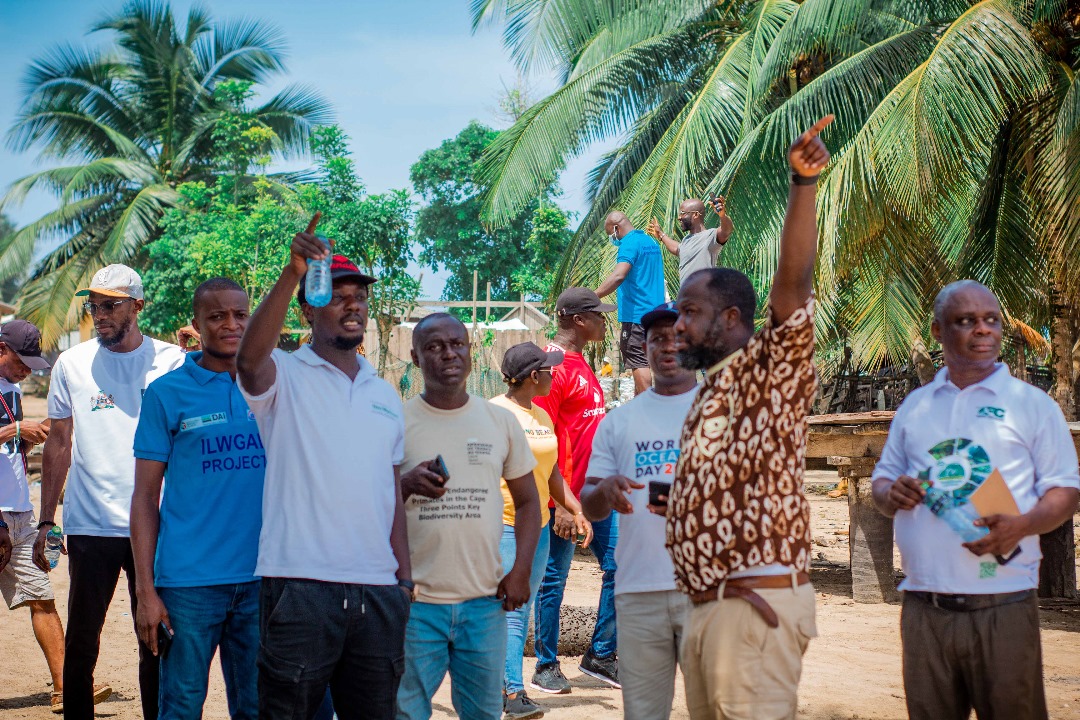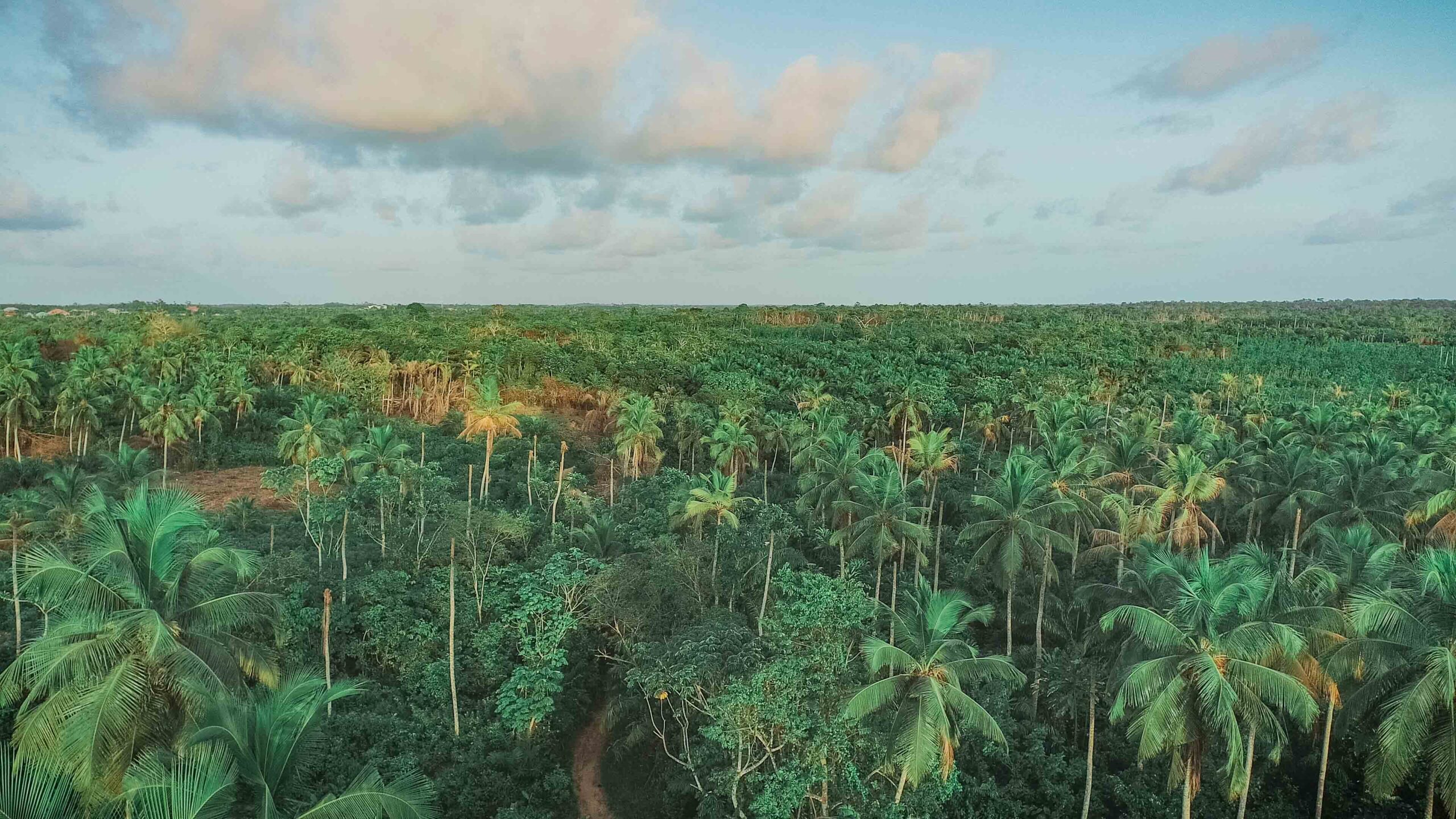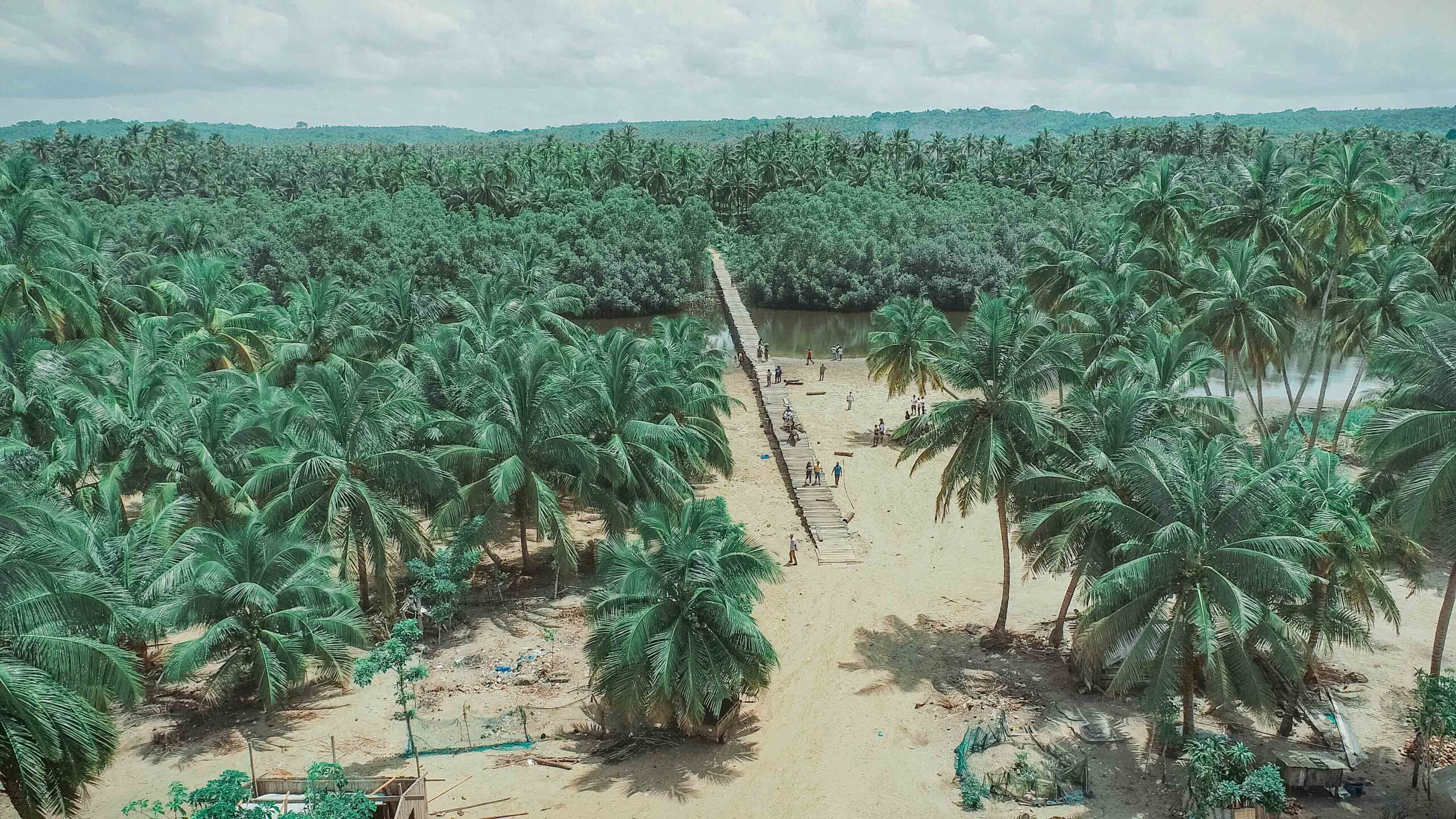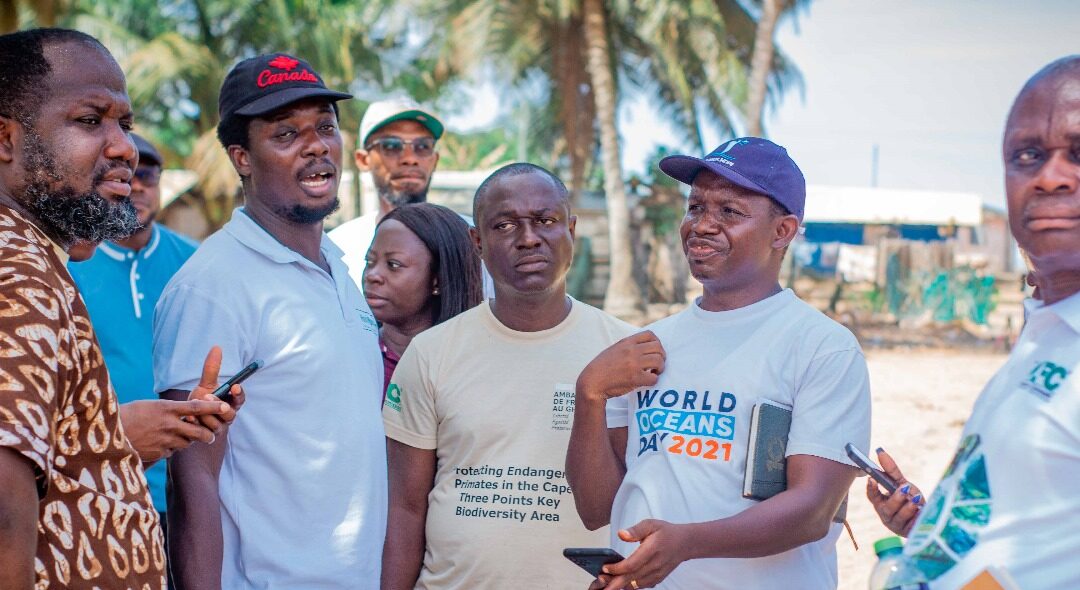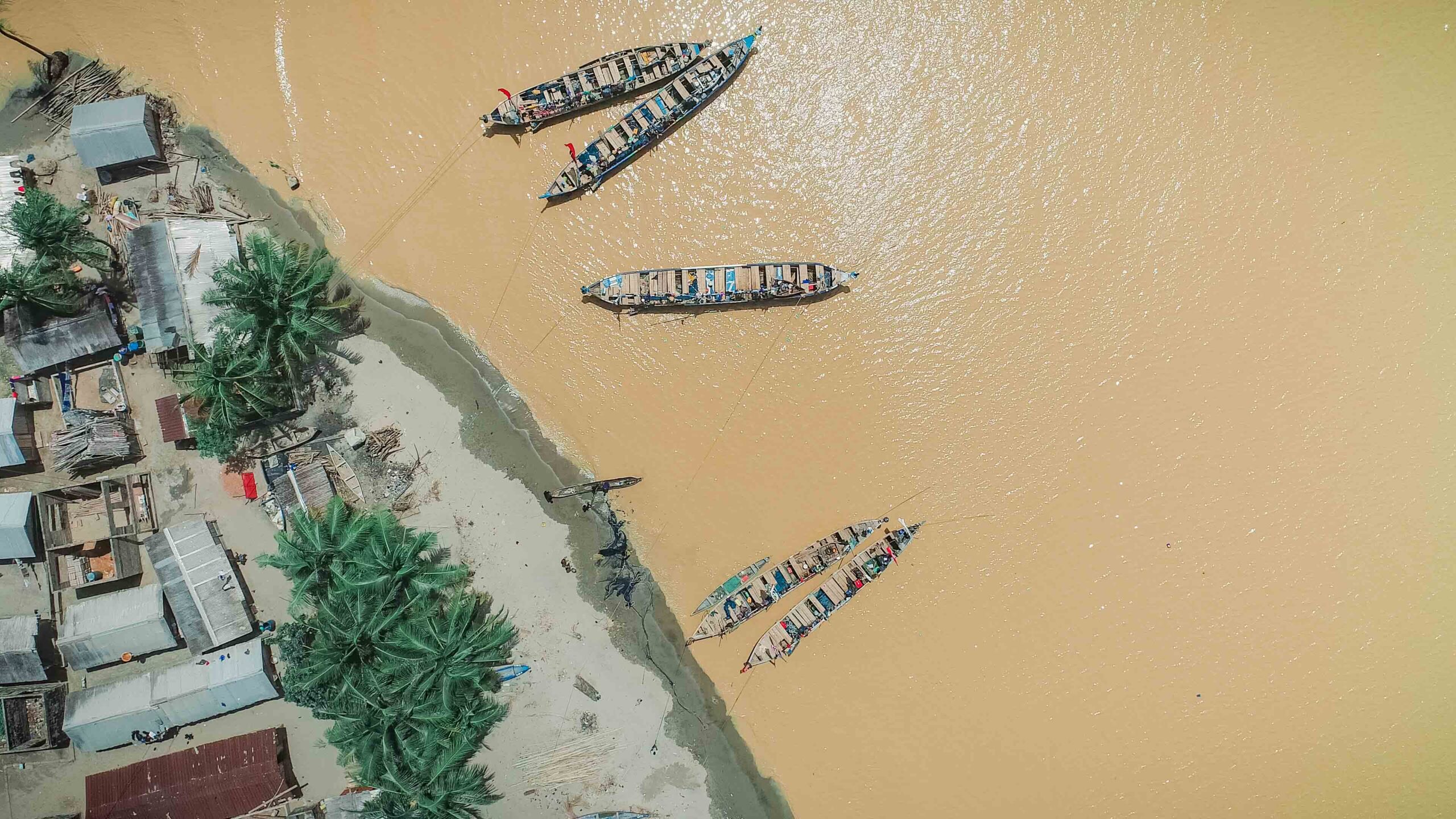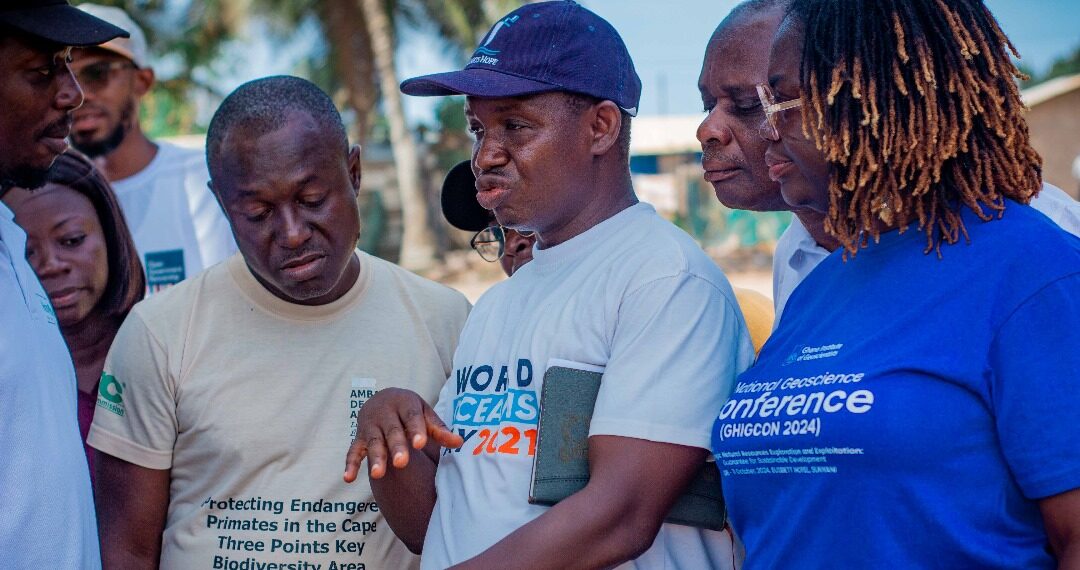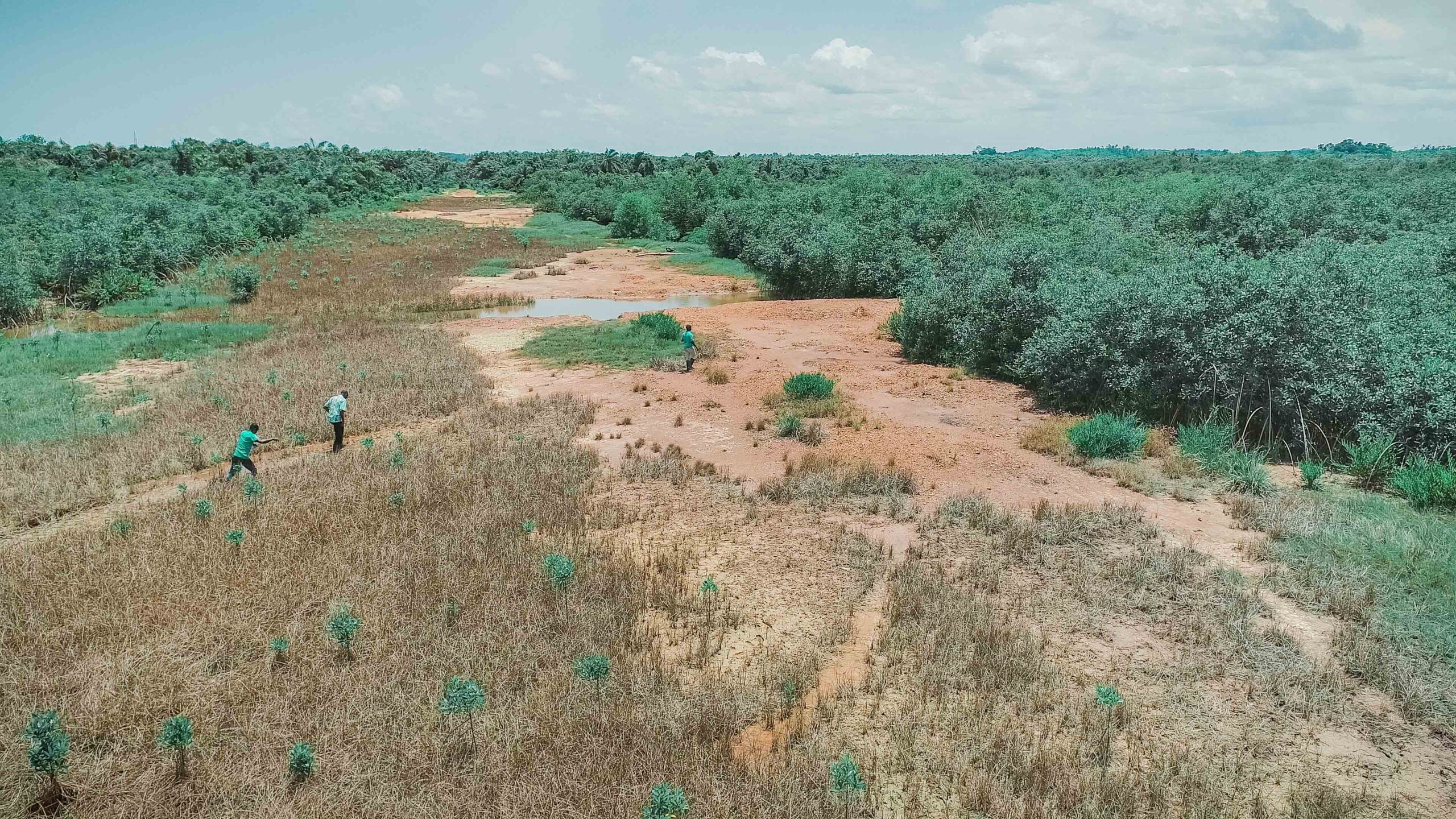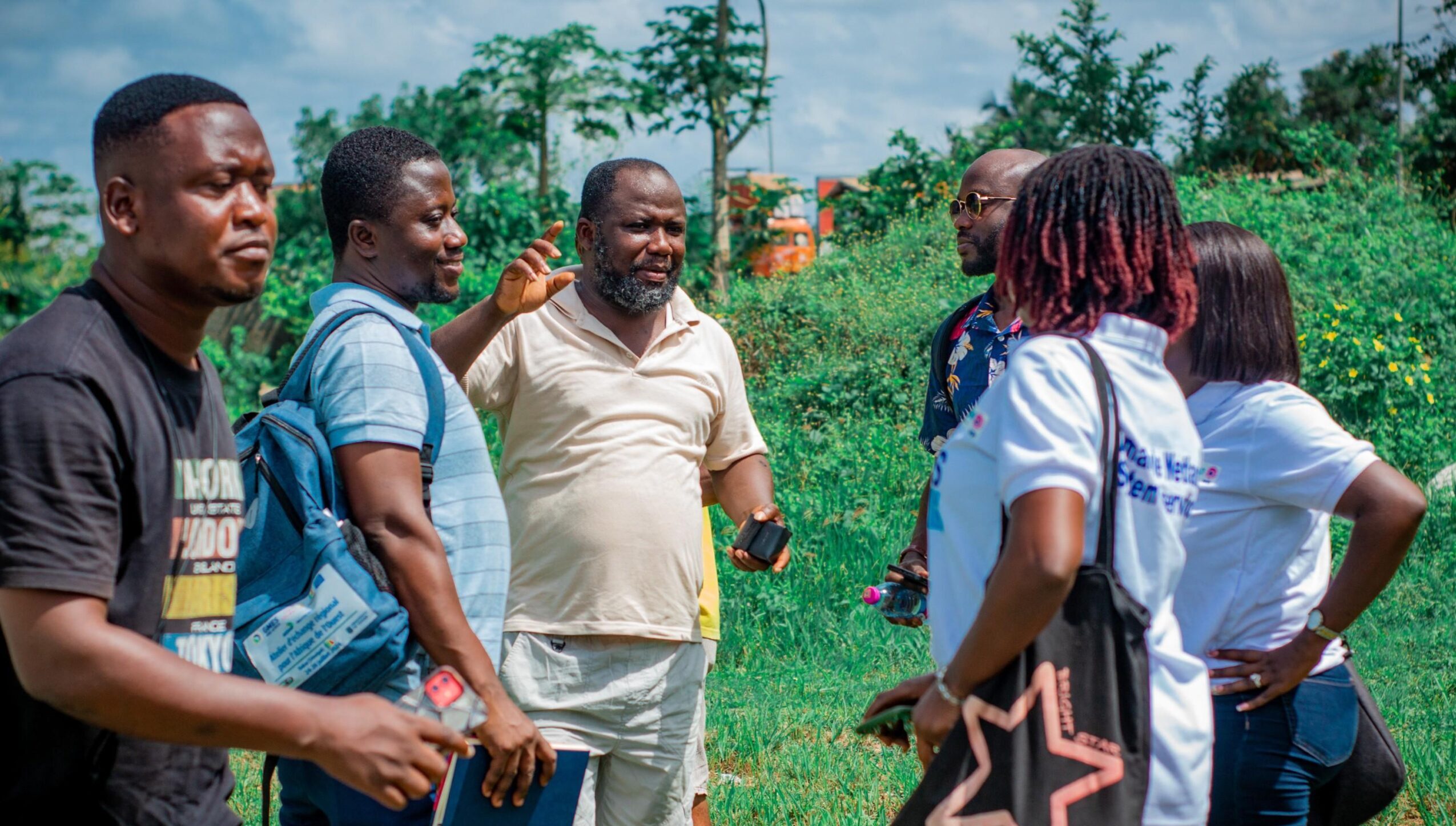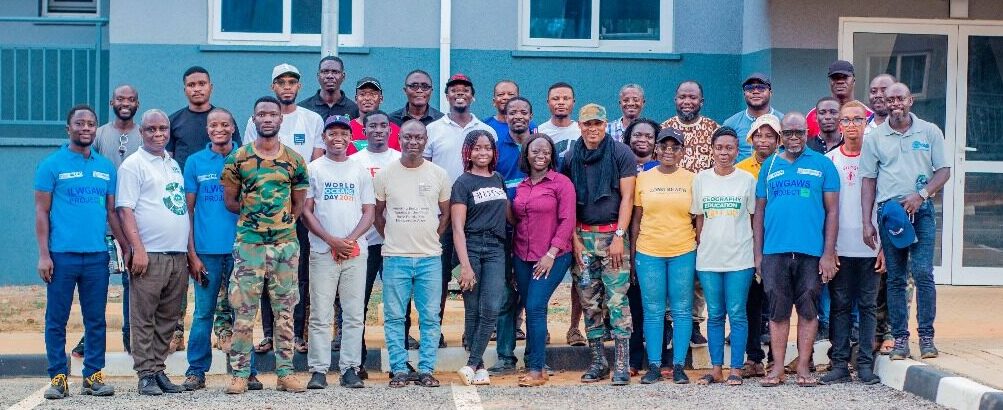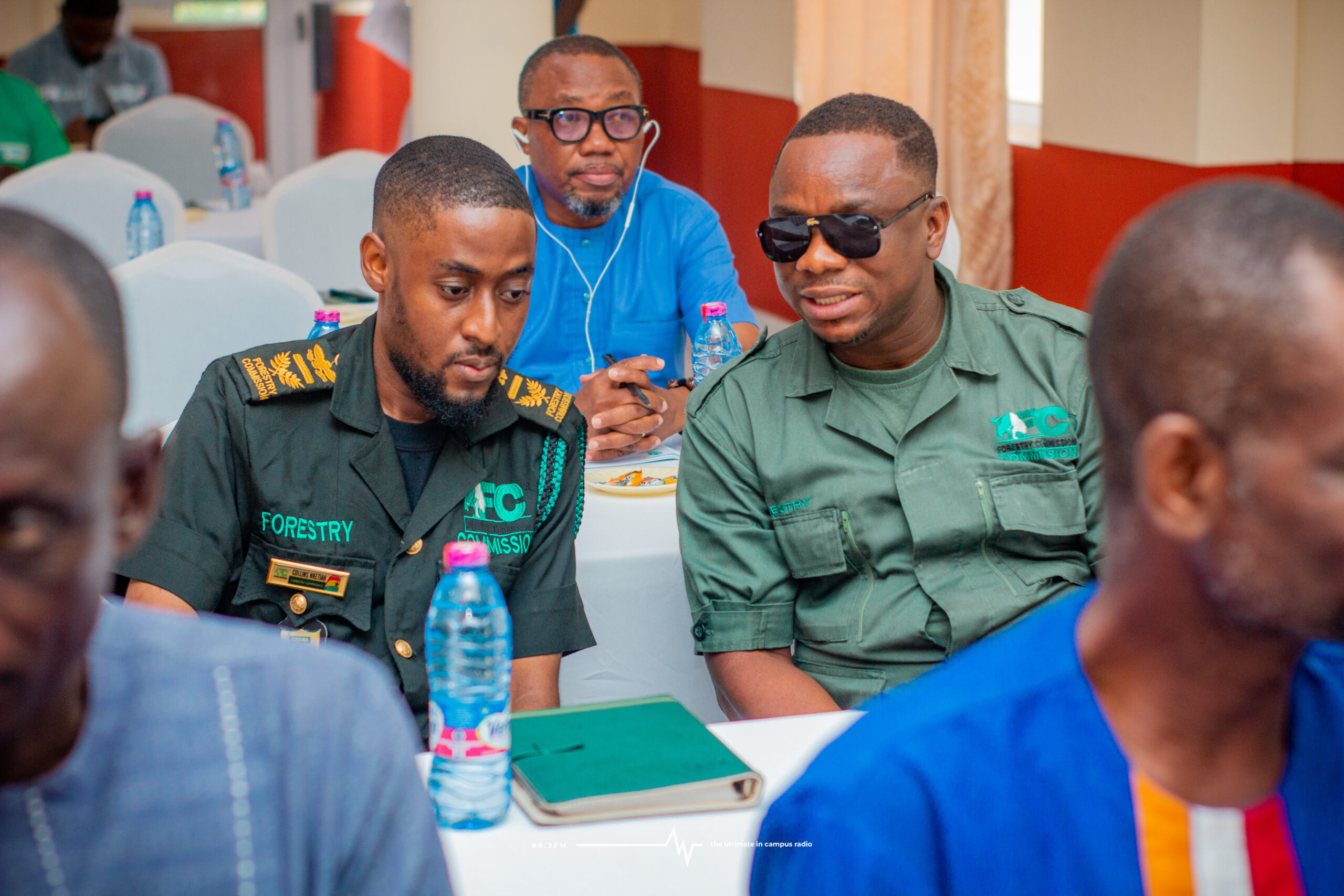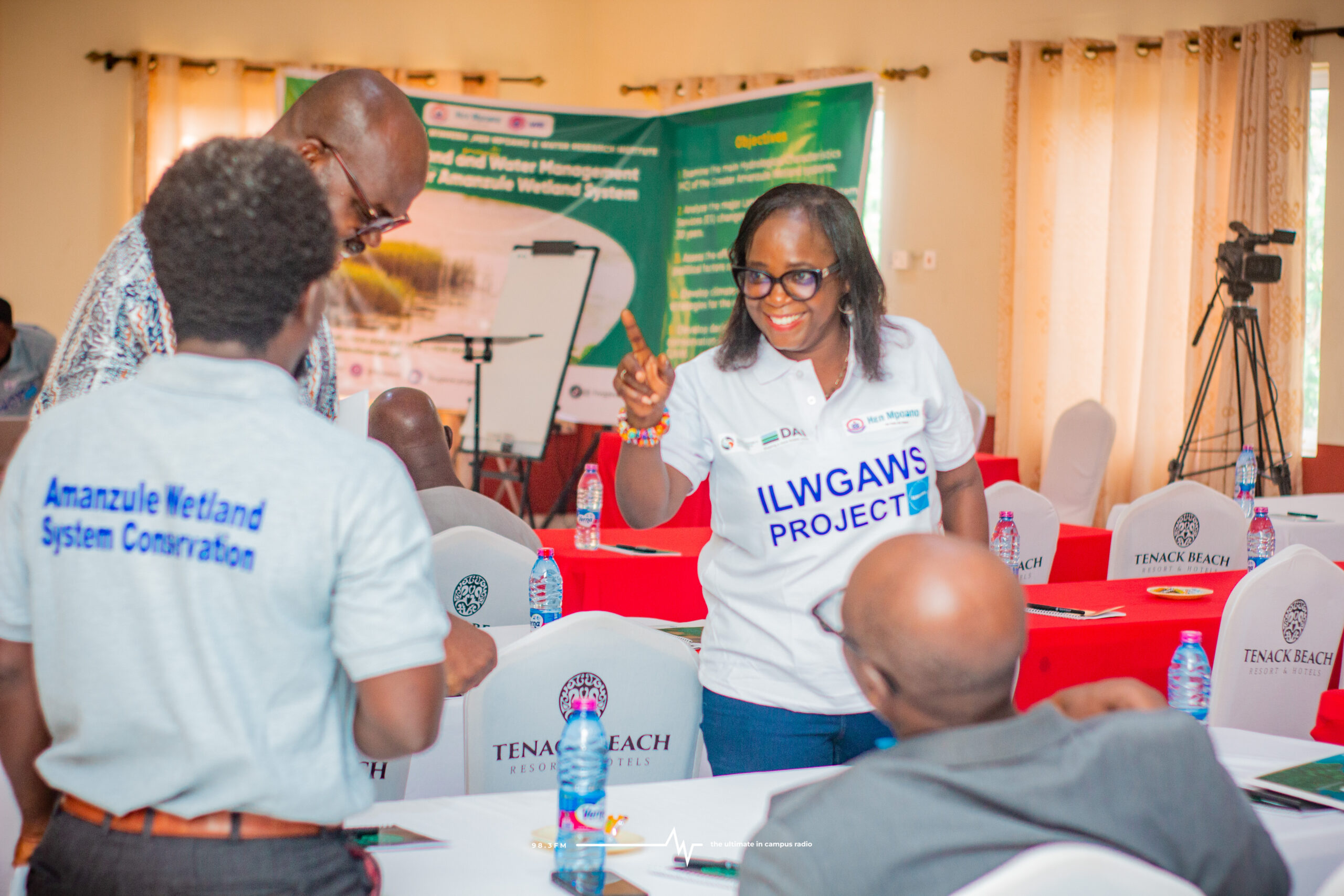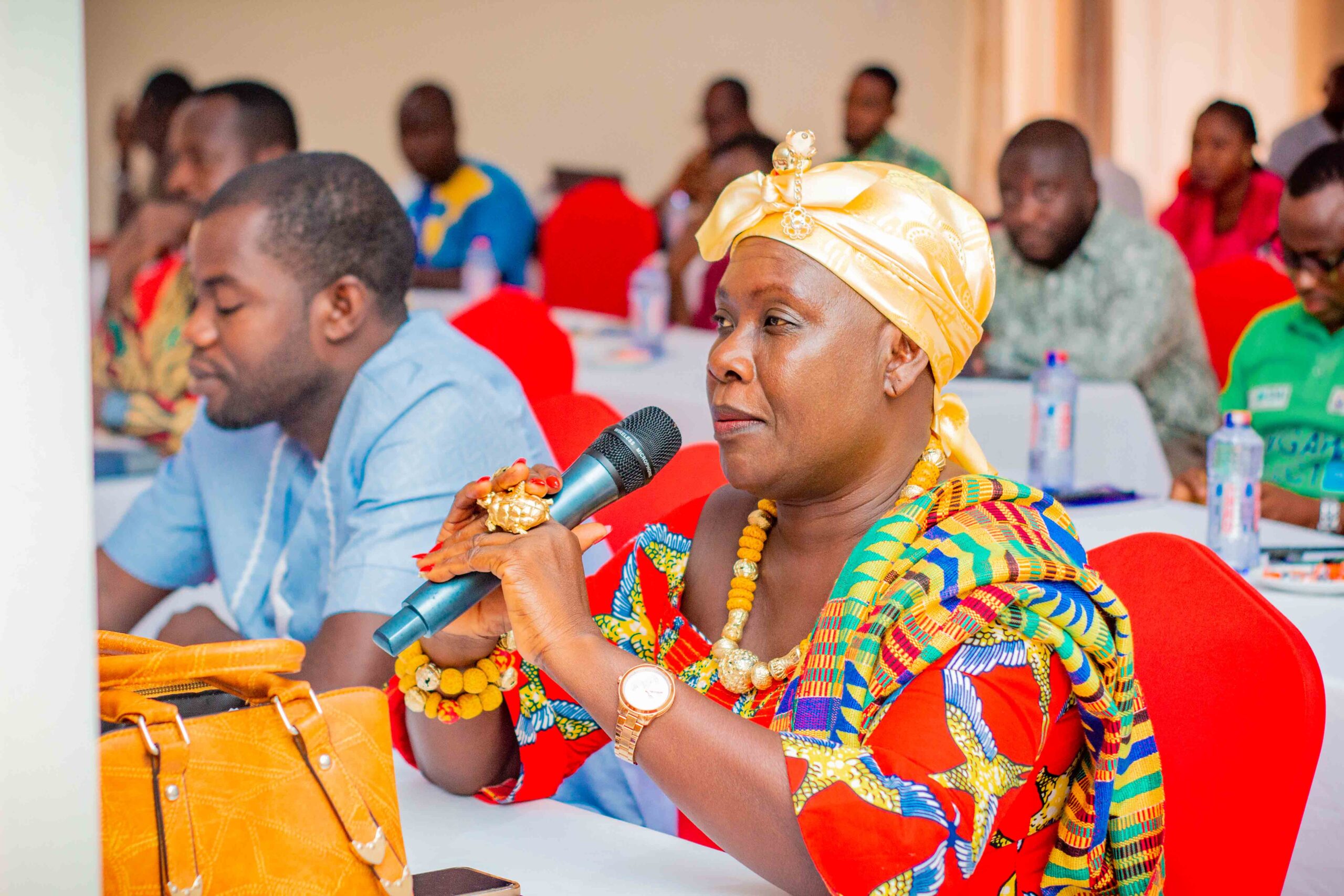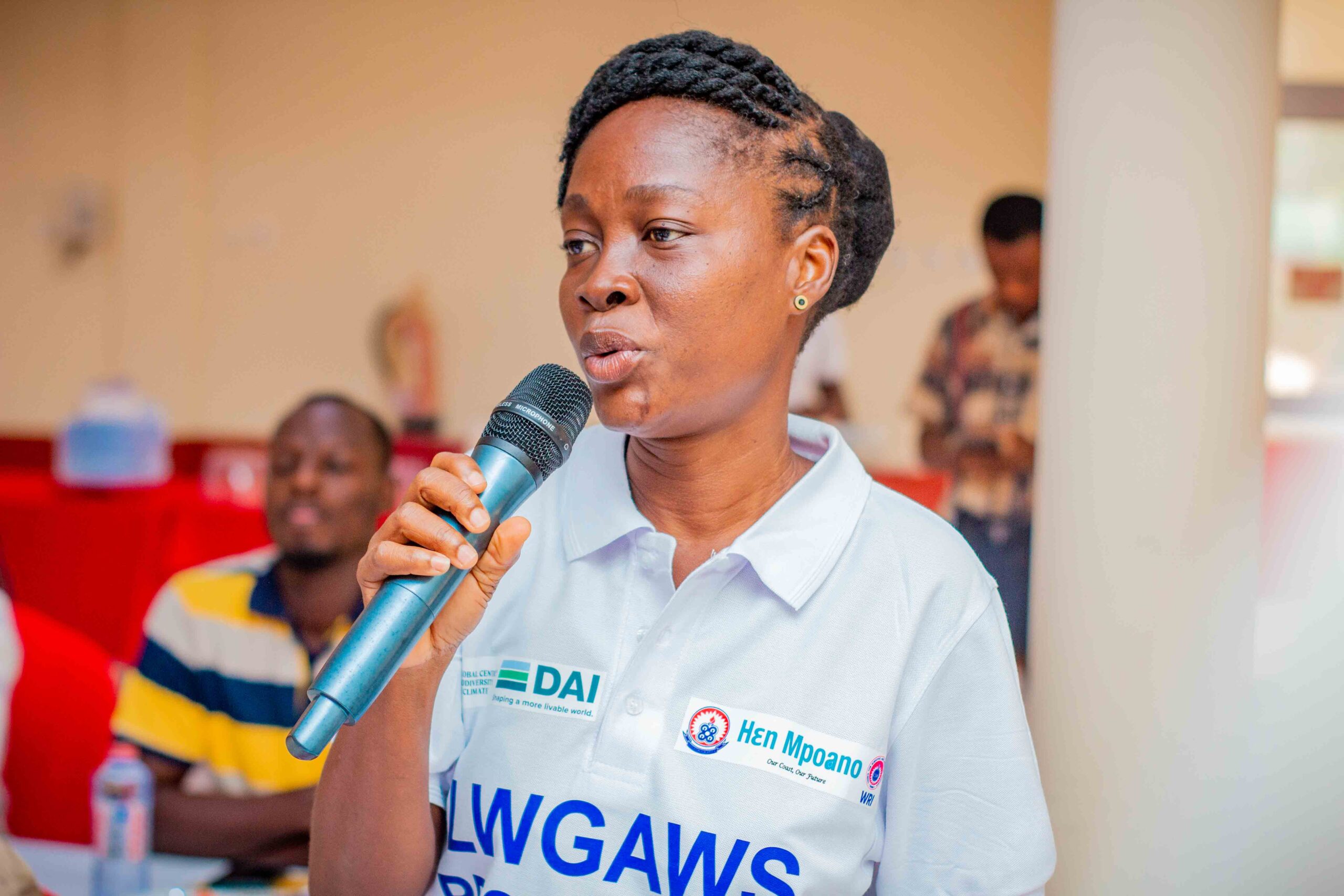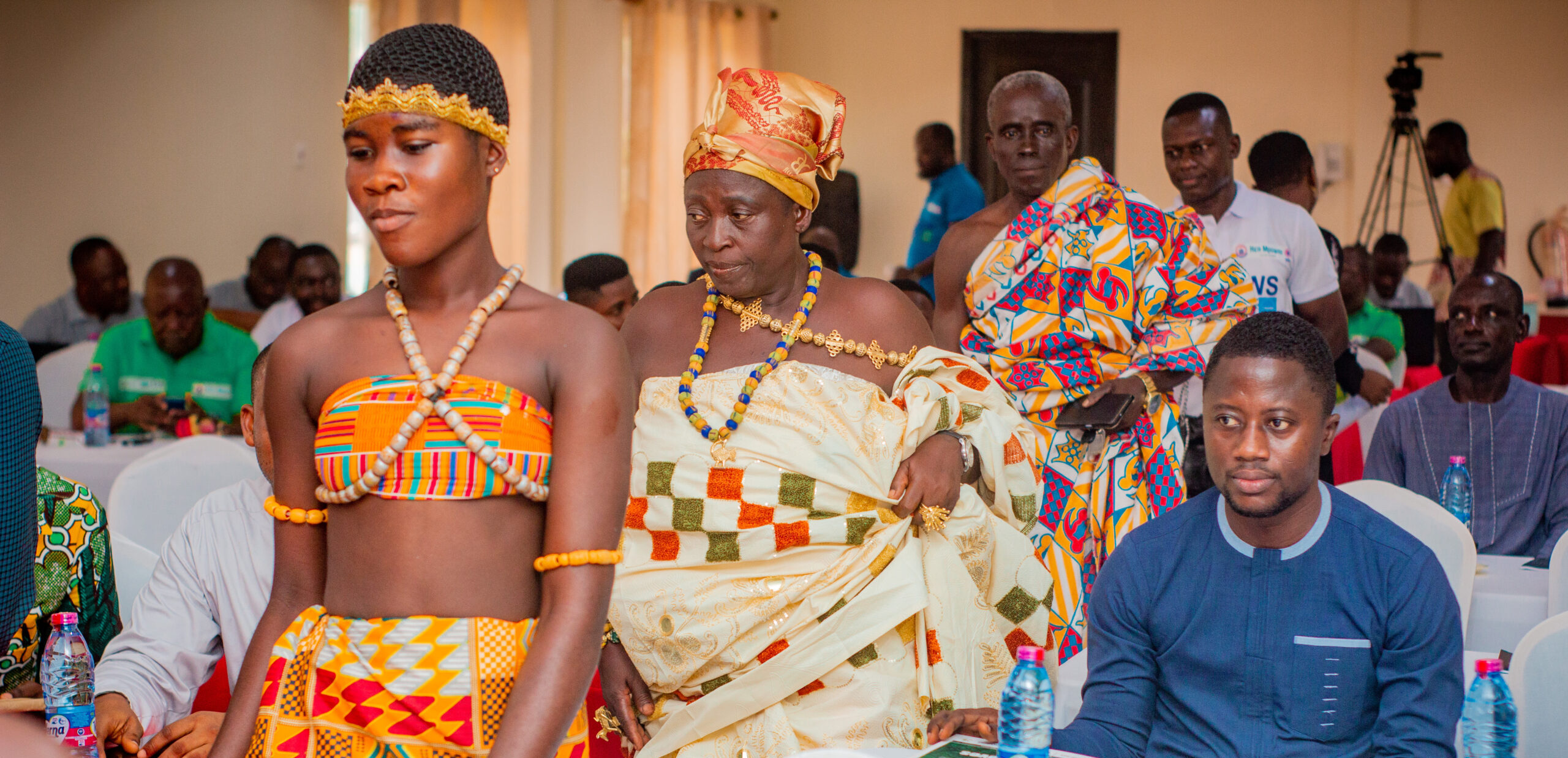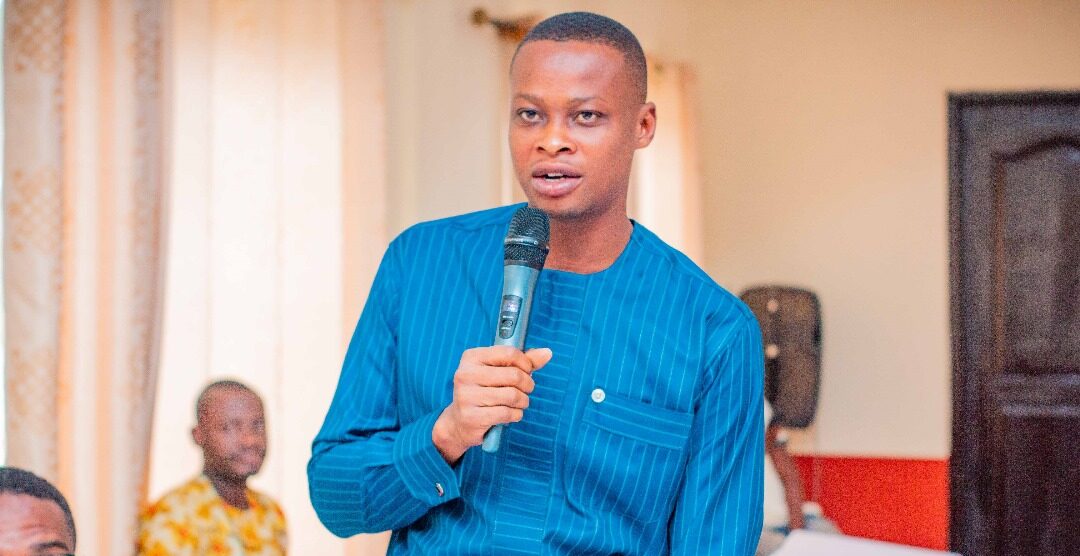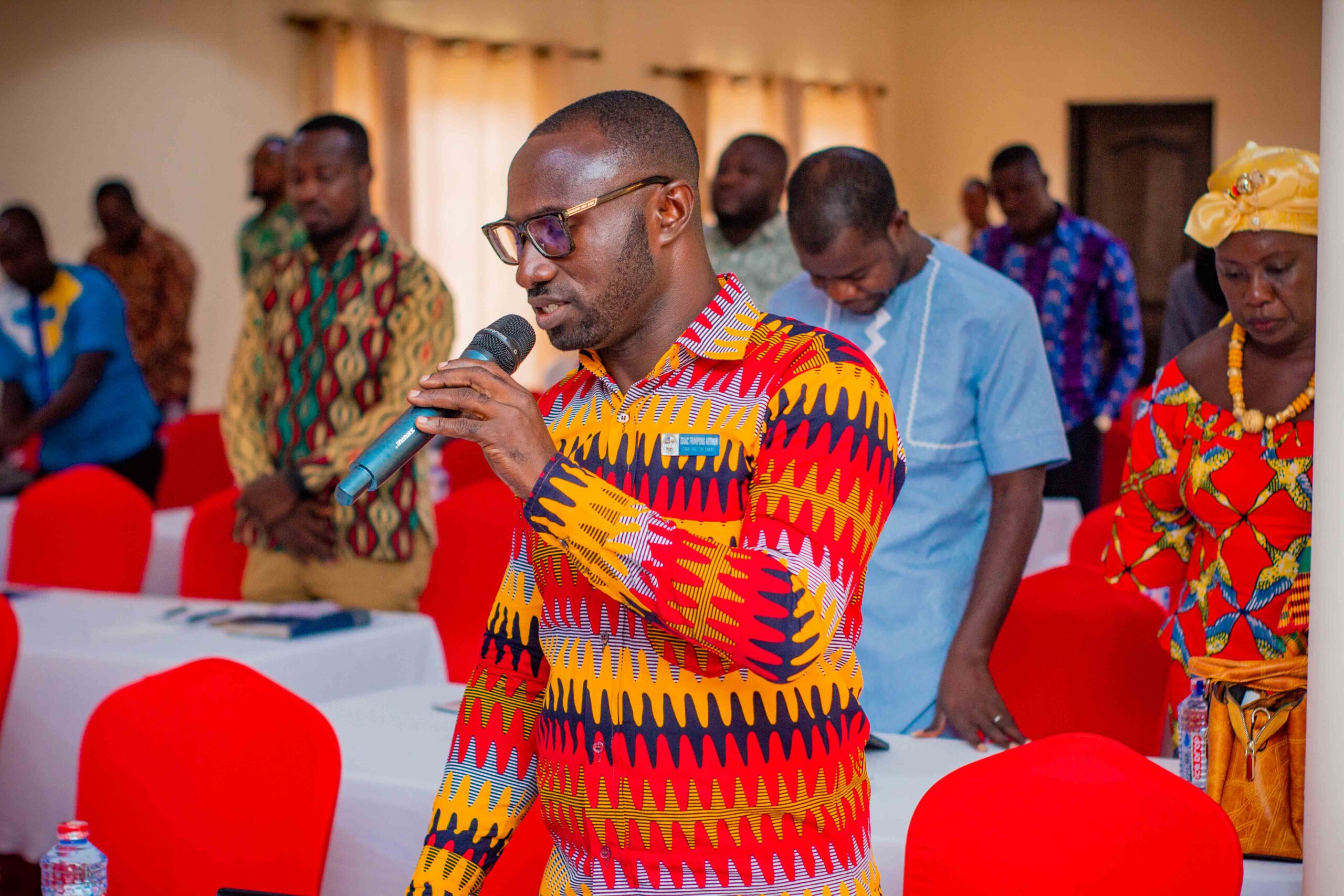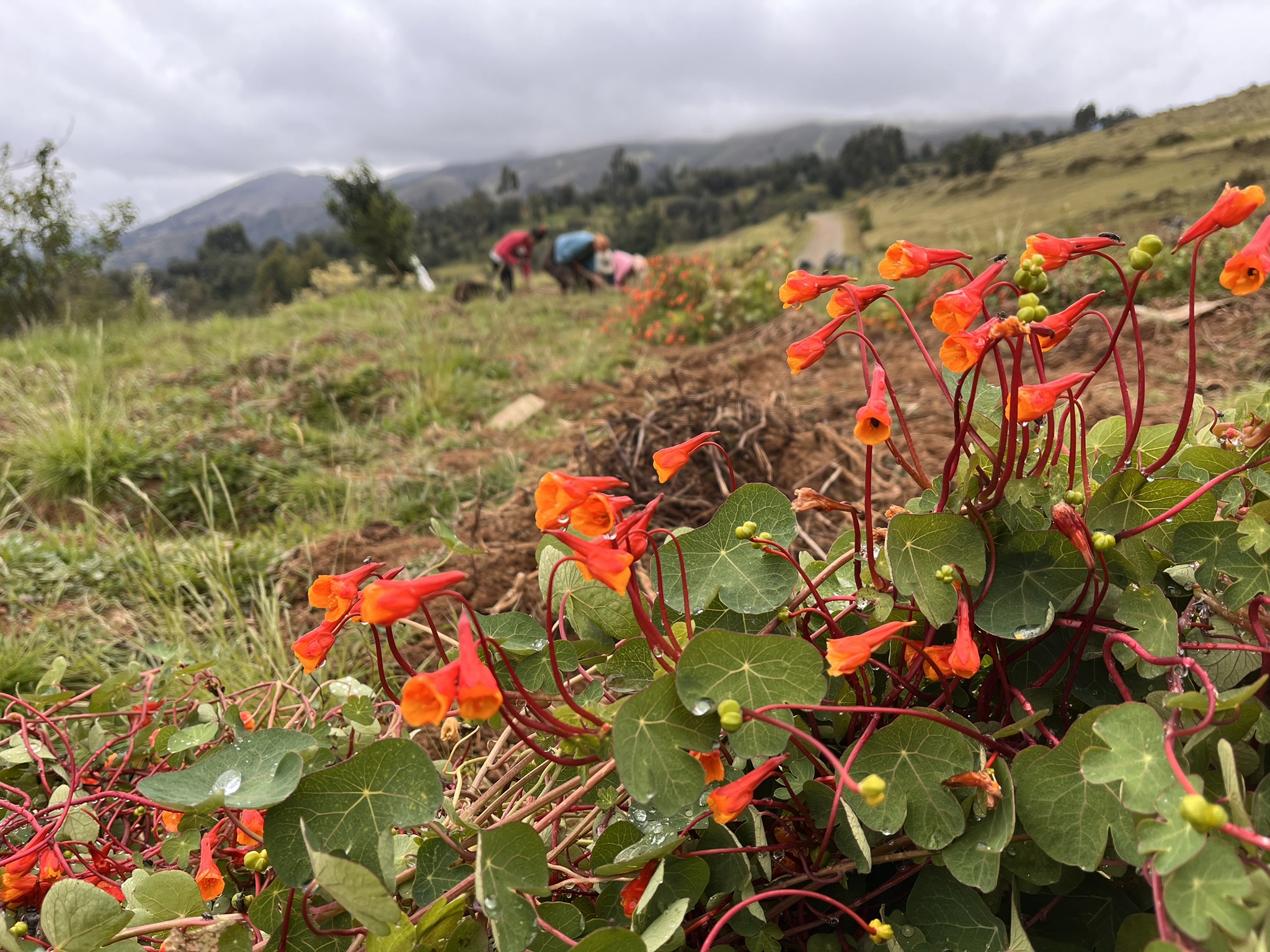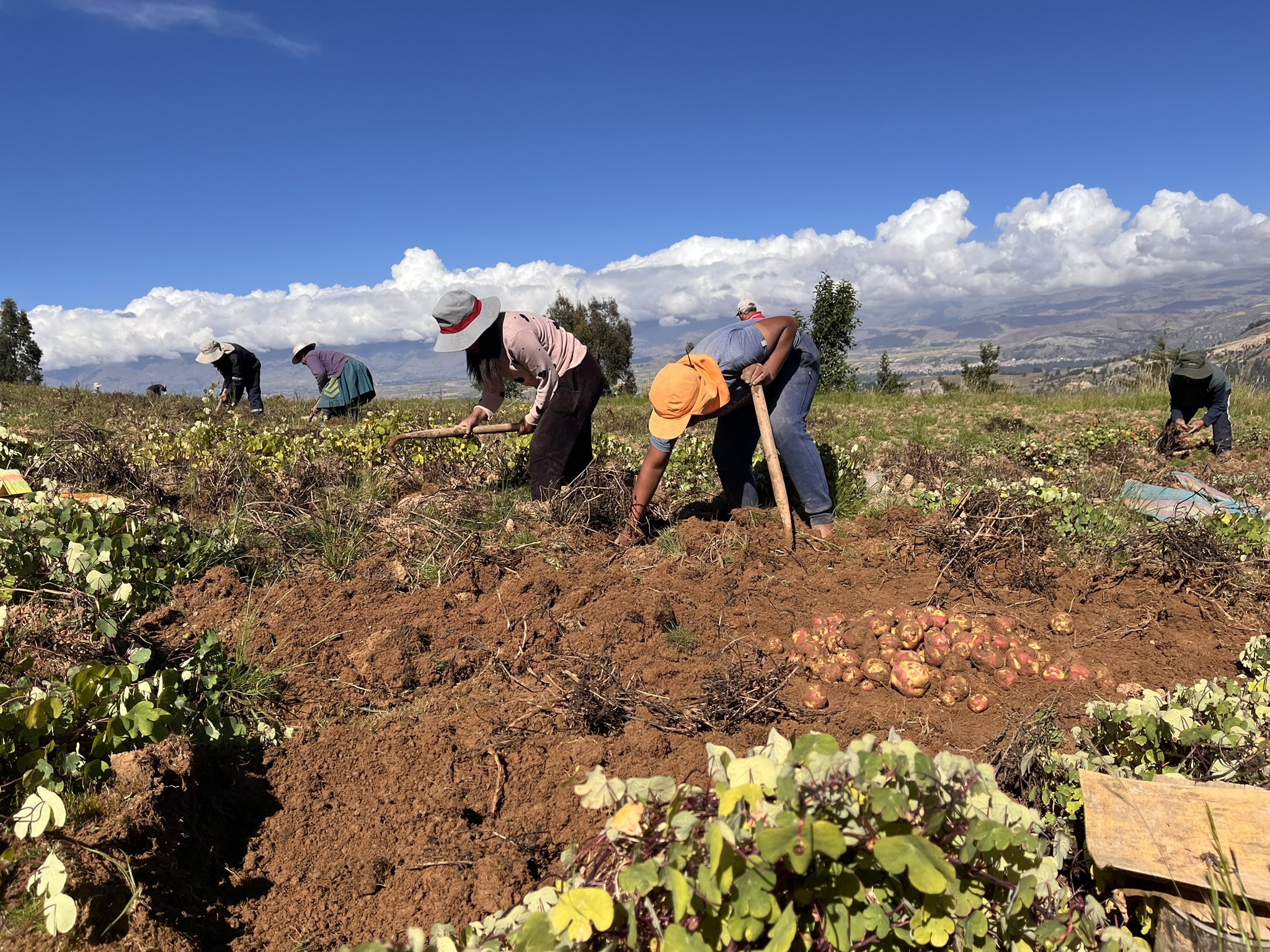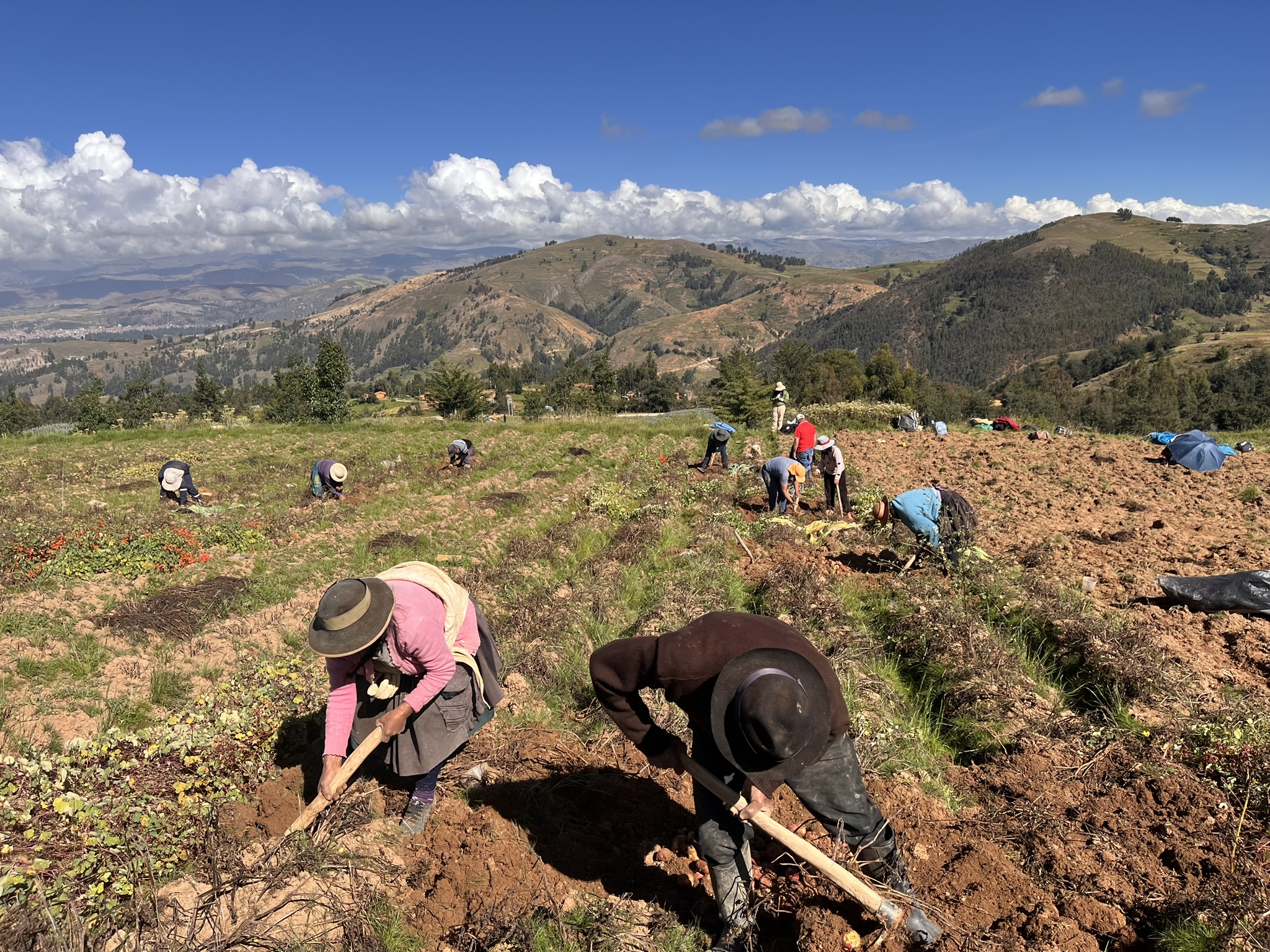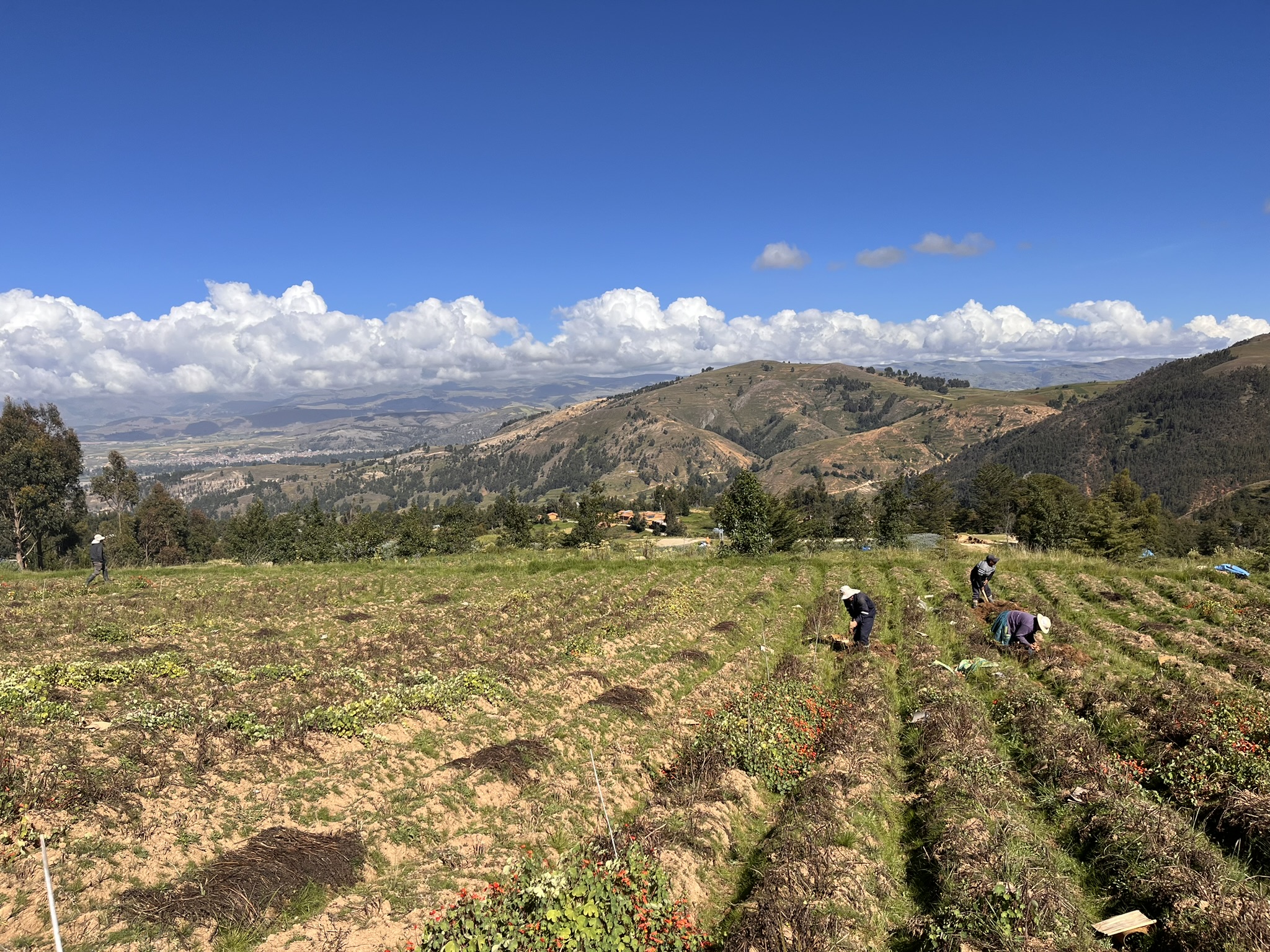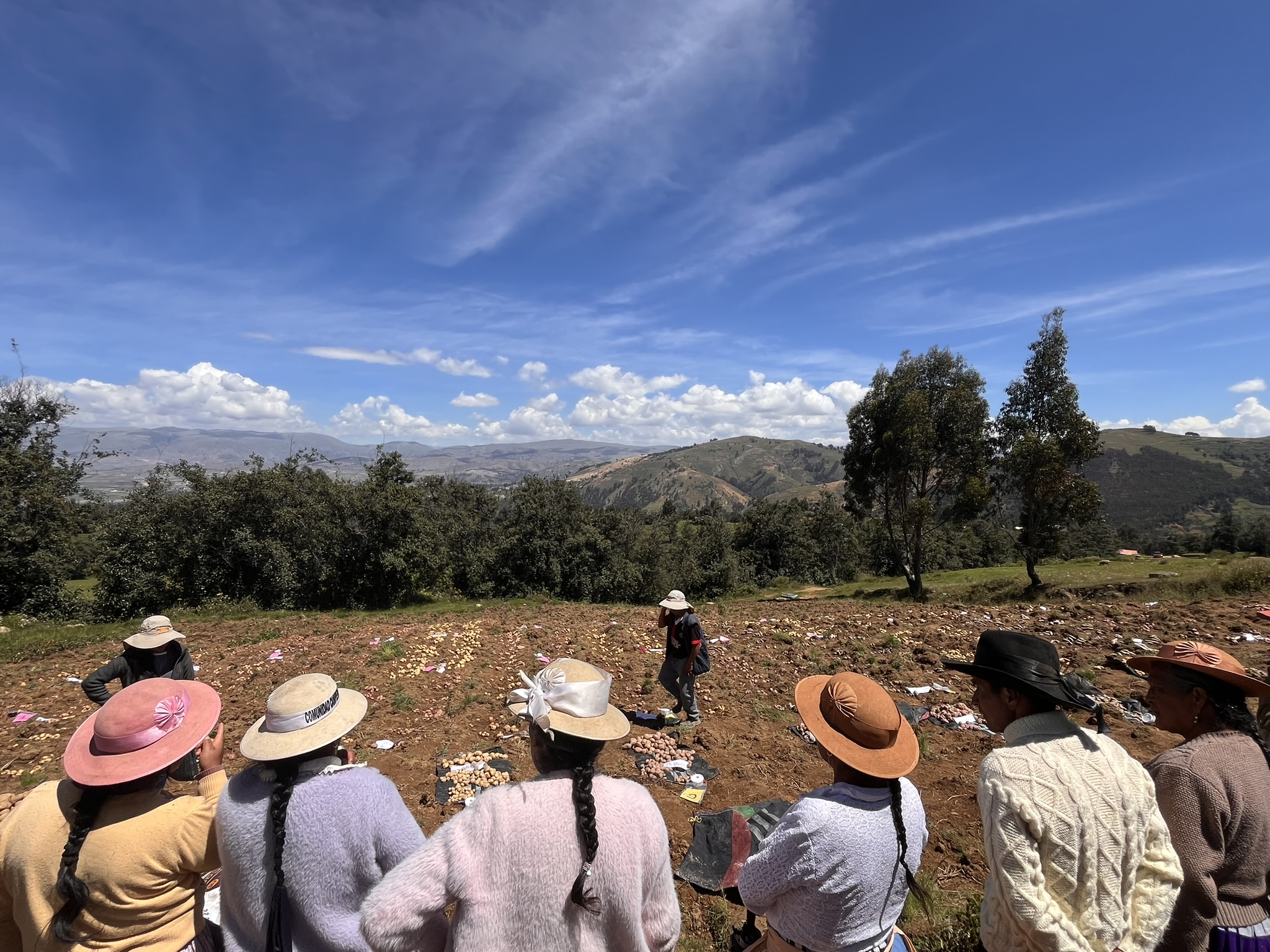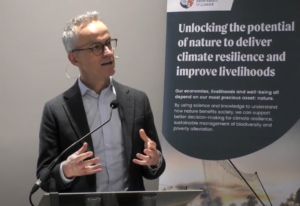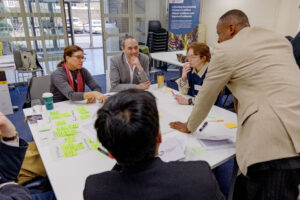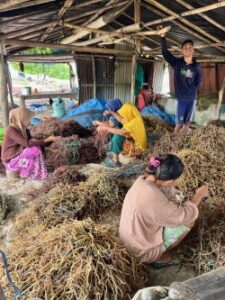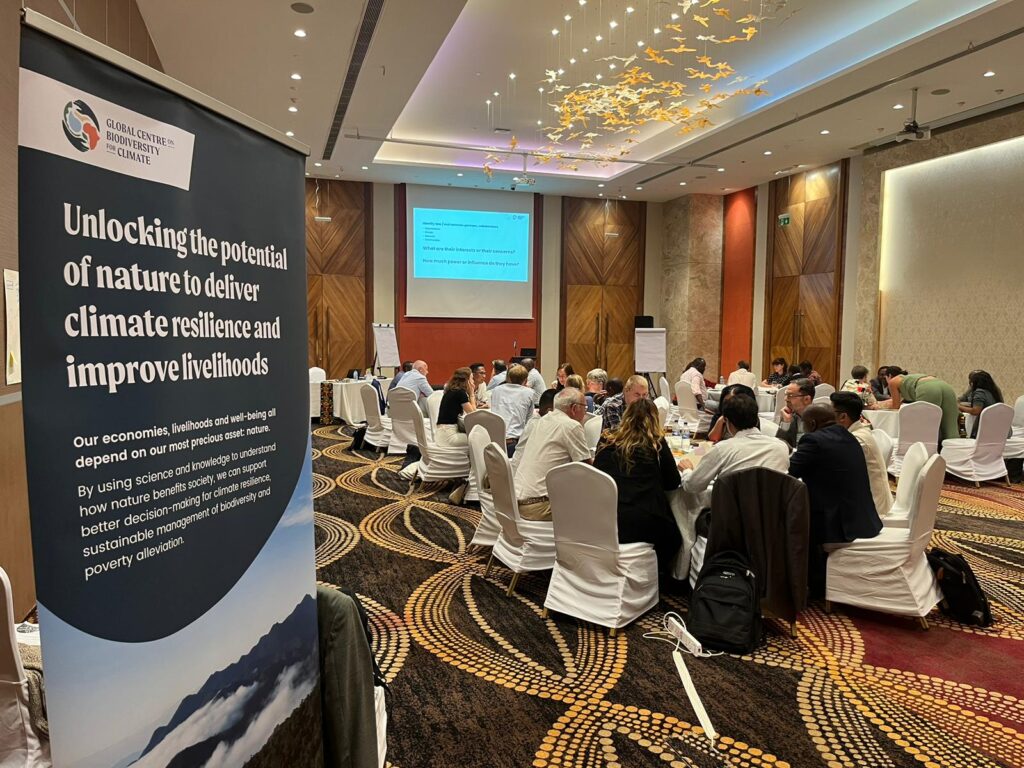Saving Lake Sofia: From Rescue to Restoration in Madagascar
Wednesday 27 August 2025 marks the UN’s first-ever World Lake Day, celebrating the vital importance of the conservation and sustainable development of lakes, as well as the many benefits lakes provide, from recreation and livelihoods to climate regulation.
For this first World Lake Day, Mark Grindley of the Wildfowl and Wetland’s Trust (WWT), a GCBC delivery partner on the Following the Water project, shares the remarkable story of Lake Sofia.
Lake Sofia is one of a handful of relatively isolated freshwater lakes in the remote uplands of north-west Madagascar and is home to a wealth of endangered and endemic species. During their research, the team faced an unexpected challenge – one that led to the lake’s extraordinary rescue and the restoration of a thriving ecosystem for both people and wildlife.
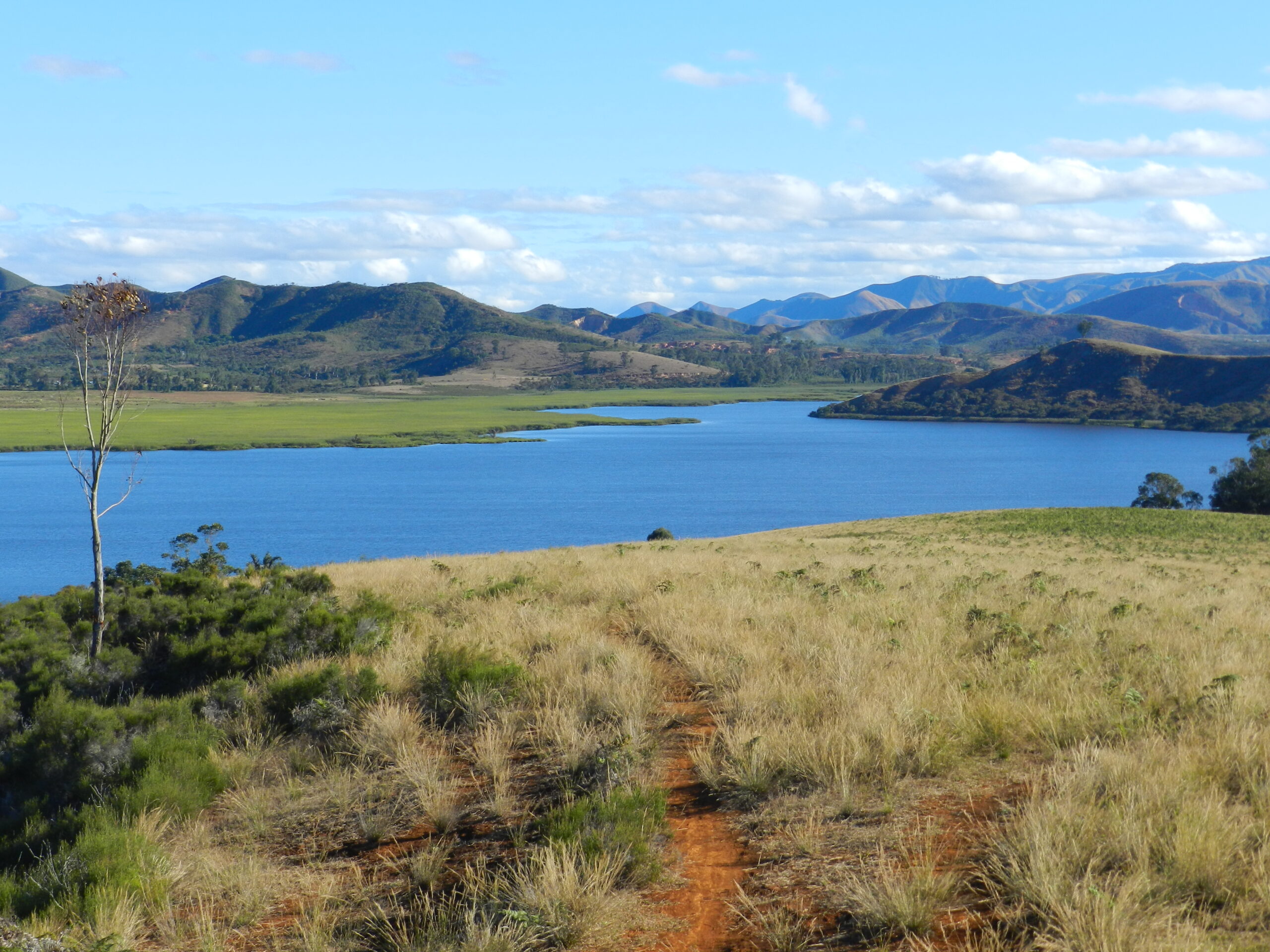
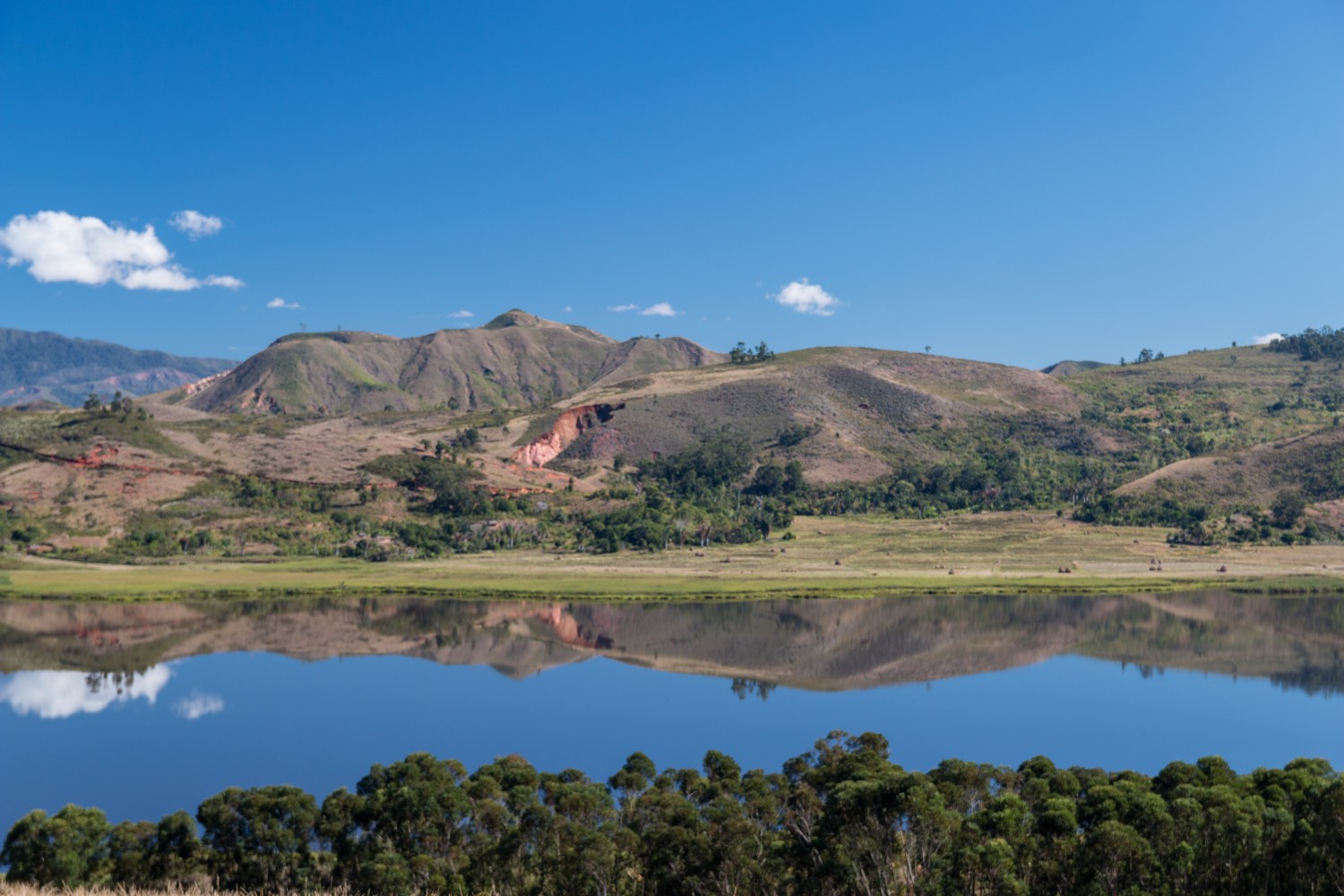
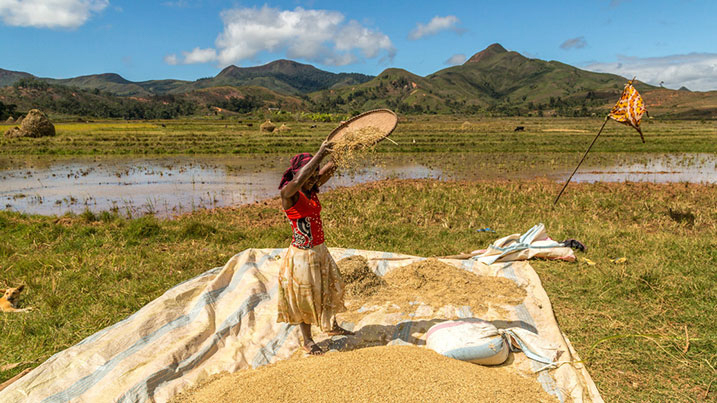
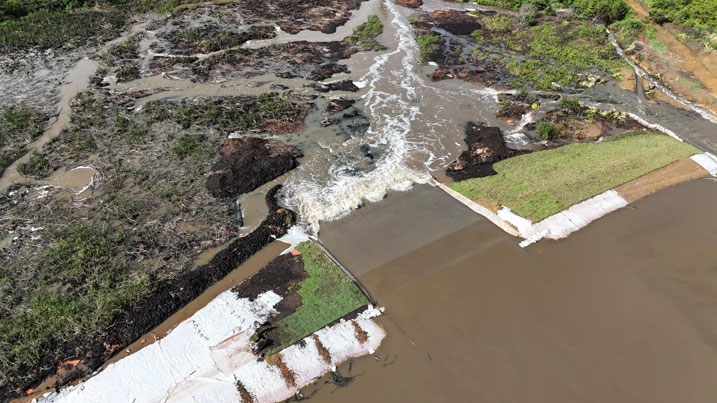
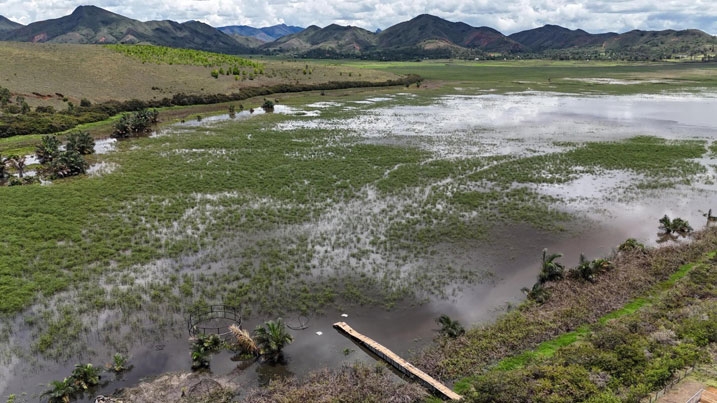
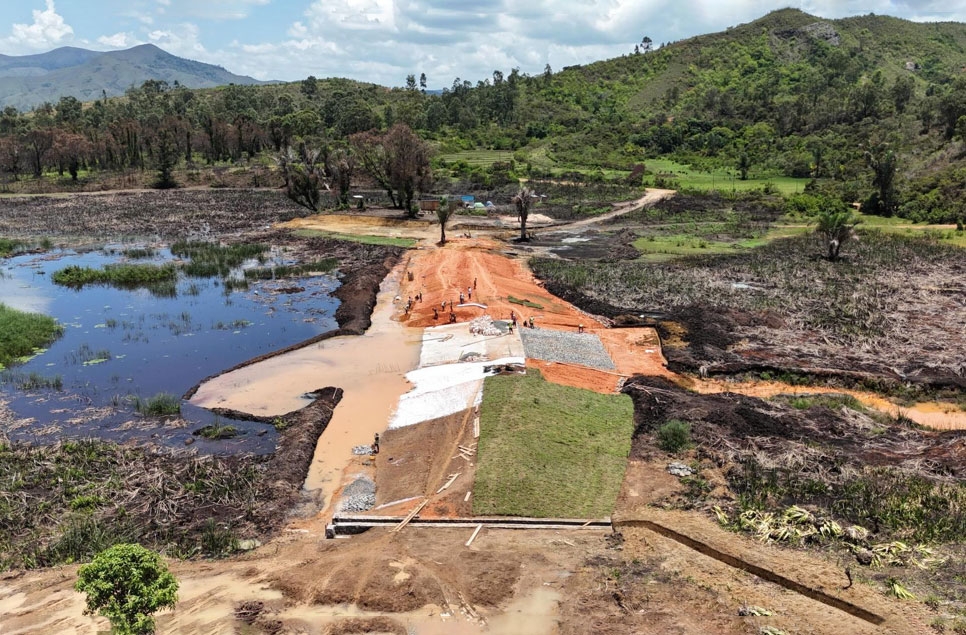
A series of images of Lake Sofia, captured before the dam’s collapse and during its reconstruction. Photos courtesy of WWT and Durrell Wildlife Conservation Trust (2025) © Durrell Wildlife Trust are the official site management authority for Lake Sofia as recognised by the government.
What a Difference a Year Makes!
This time last year, Lake Sofia – a Ramsar site in north-west Madagascar and a key research site for WWT’s current GCBC project, Following the Water – stood at the brink of disaster.
In January 2024, torrential rains had caused the near collapse of the lake. A narrow drainage channel became a breach 120 metres wide, and the water began gushing away. By June, the lake had shrunk by a staggering 90% of its 300-hectare surface area.
The stakes couldn’t have been higher. Recognised as a wetland of international importance and a biodiversity hotspot, Lake Sofia is home to countless species, including the critically endangered Madagascar pochard, reintroduced to the lake in 2020 by WWT, Durrell Wildlife Conservation Trust (DWCT), the Peregrine Fund, and the Madagascar government.
Listed as critically endangered on the IUCN Red List, the Madagascar pochard is one of the rarest ducks in the world. Although the total number remaining in the wild is unknown, the Sofia population is almost certainly the largest single community of its kind.
Over time, unsustainable farming and water management practices had put pressure on the lake, leading to poor water quality, rising temperatures, and heavy sedimentation, all of which reduced the Pochard’s ability to feed. WWT and our partners had been working together with local communities to improve the wetland for both people and wildlife.
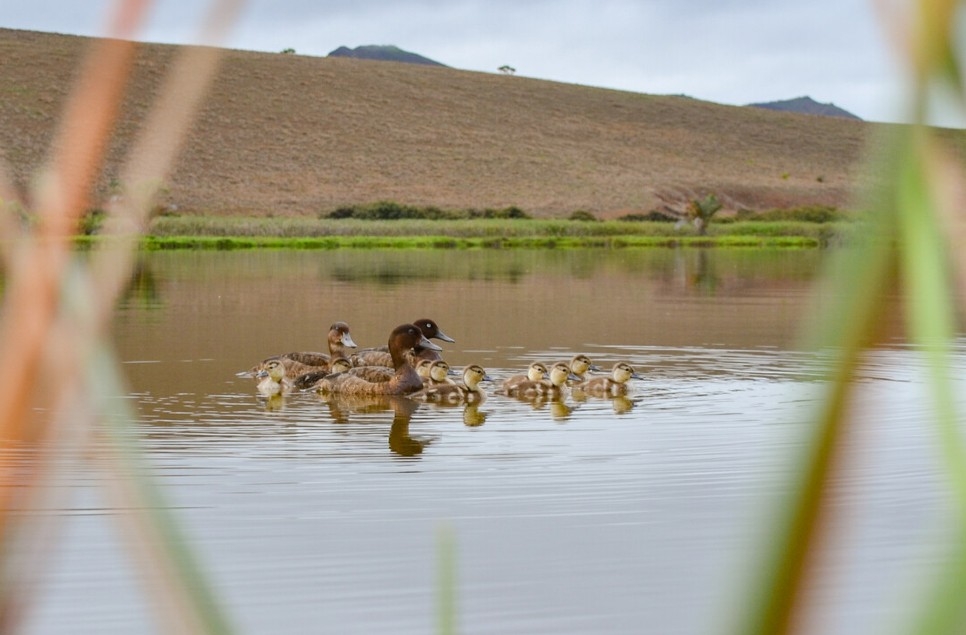
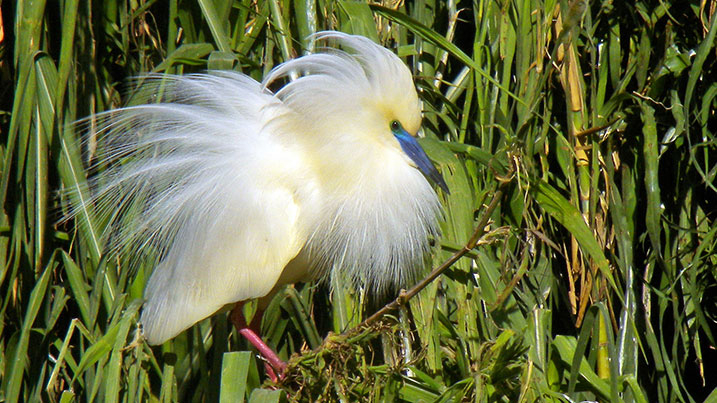

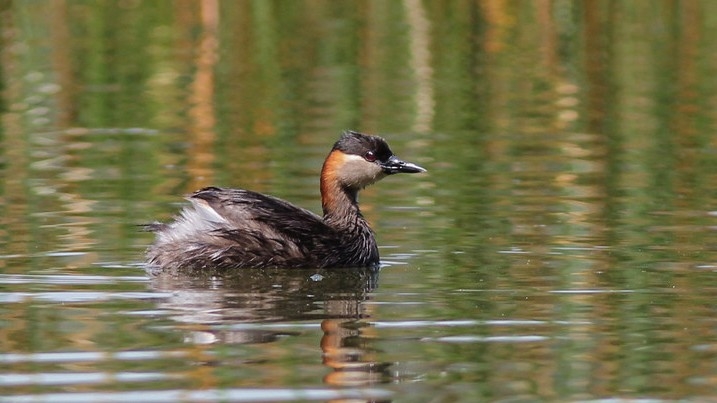
Image 1: A group of Madagascar pochard swim into view (WWT). Image 2: The Madagascar pond heron – a timid species at home on Lake Sofia but is still classed as ‘Endangered’ on the IUCN global Red List. Image by Agami Photo Agency Image 3: Madagascar harriers are impressive but in decline due to loss of habitat – currently classed as ‘Vulnerable’ by the IUCN. Image by R E Lewis (WWT) Image 4: Madagascar grebes, like many grebe species, are also in decline. Image by Debbie Pain (WWT).
For local communities, too, the loss of the lake would have had dire consequences. Around 10,000 people depend on Lake Sofia for their livelihoods. The lake provides food and income for local fishers and is a vital source of water for growing food, irrigating rice fields and for the farms downstream. As water levels dropped, wells began running dry. Community members were forced to walk four kilometres just to fetch drinking water.
We had to act fast, before the lake was lost forever.
In collaboration with the Durrell Wildlife Conservation Trust, local and national government and community groups, we worked with local and international engineers to design a new dam, and launched an emergency appeal to fund it. Our brilliant supporters stepped up, and with a considerable contribution from a new emergency grant from the Critical Ecosystems Partnership Fund (CEPF) we were able to raise more than £110,000.
Construction started in December 2024, and in just 100 days the 140-metre barrier was complete. The solution was simple but effective: a low-tech earth embankment reinforced with riprarp (rocks) and concrete overflow channel to prevent future erosion. Two channels at either end will enable irrigation downstream. Designed and built by local construction company CEDRE, the dam will be owned and operated by the local community.
Now, at the end of the rainy season, Lake Sofia is fully replenished and the Madagascar pochards have returned.
The ecological collapse of Lake Sofia would have had catastrophic consequences for people and wildlife. We’re grateful to everyone who made this swift intervention possible – including the community resource management groups, the local government authorities and our generous donors. Thanks to their support, we can look forward to a thriving future for Lake Sofia and the people and wildlife who depend upon it.
Harison Andriambelo, WWT’s Country Manager in Madagascar
For WWT and our partners, the loss of Lake Sofia also meant delays to our Nature-based Solutions (NbS) research. Communities, understandably, were focused on the immediate crisis: the loss of livelihoods and, in the worst case, their only reliable freshwater supply. While the emergency dam has restored the lake and safeguarded these needs, it’s important to stress that the problem isn’t entirely solved. Built under immense time pressure, the dam still requires further work, and Lake Sofia remains a powerful case study of the impacts of climate change.
Next Steps
For the project, Lake Sofia now offers a unique opportunity to learn about lake restoration. Working closely with local communities, the aim is to re-establish papyrus, lilies, and other macrophytes – the foundation of the food chain that supports fish, waterbirds, and especially the pochards. Almost all of this vegetation was lost when the lake drained, and restoring it will be key to building a resilient future for both people and wildlife.
…………………………………………………………………………………………………….
Report by Mark Grindley, Wildfowl and Wetlands Trust
Following the Water is a Wildfowl and Wetlands Trust (WWT) led GCBC research project, which uses interdisciplinary and participatory research to uncover the causes of wetland degradation in Madagascar. The project develops practical interventions to tackle the main drivers of wetland loss and poverty, while also exploring transformative strategies to help communities adapt to climate change.
